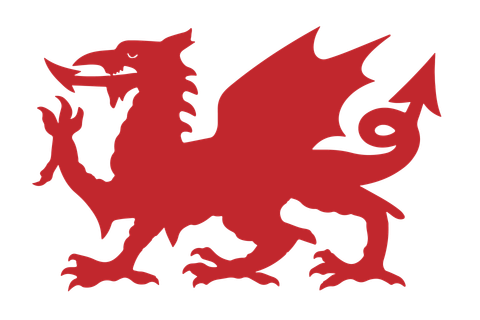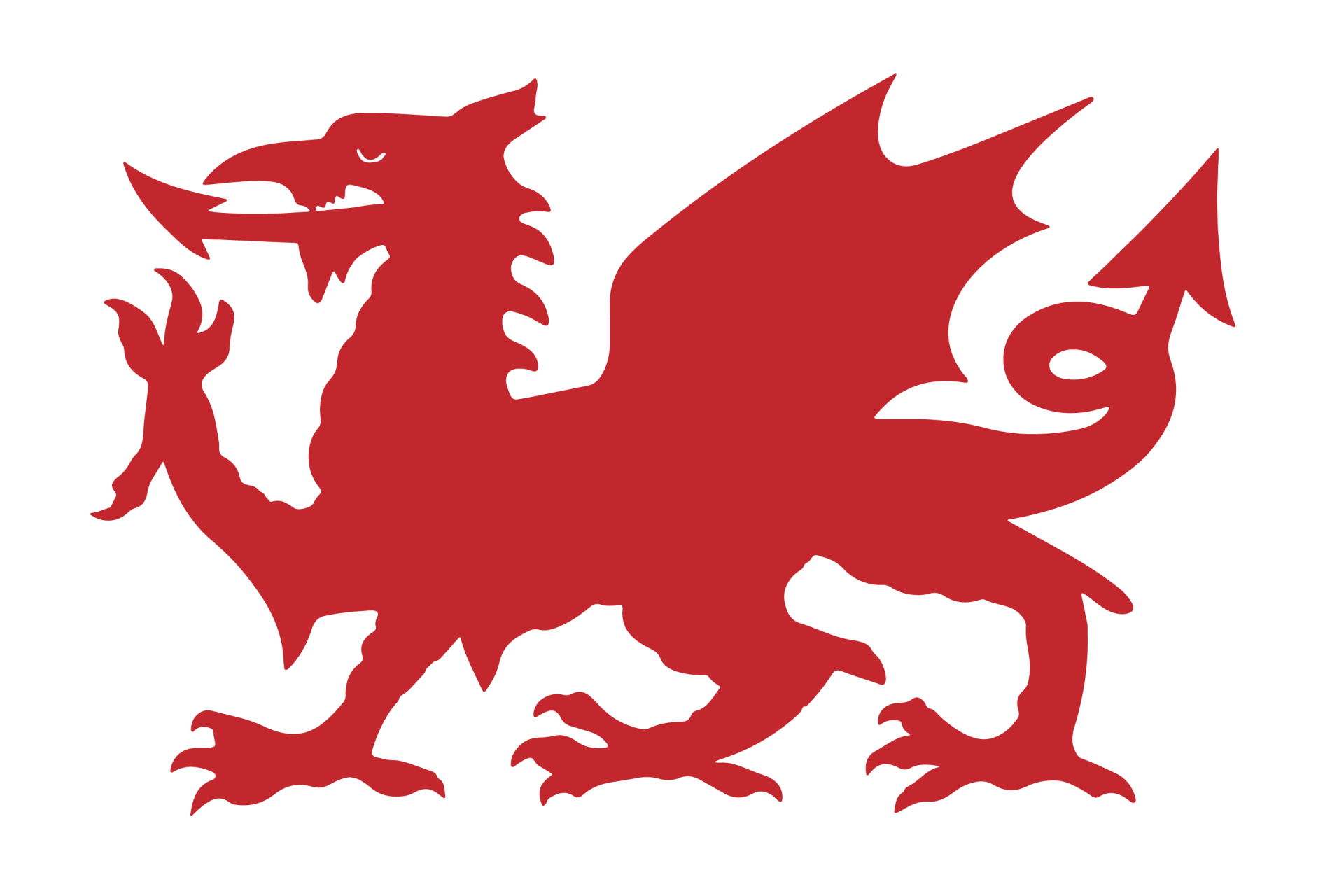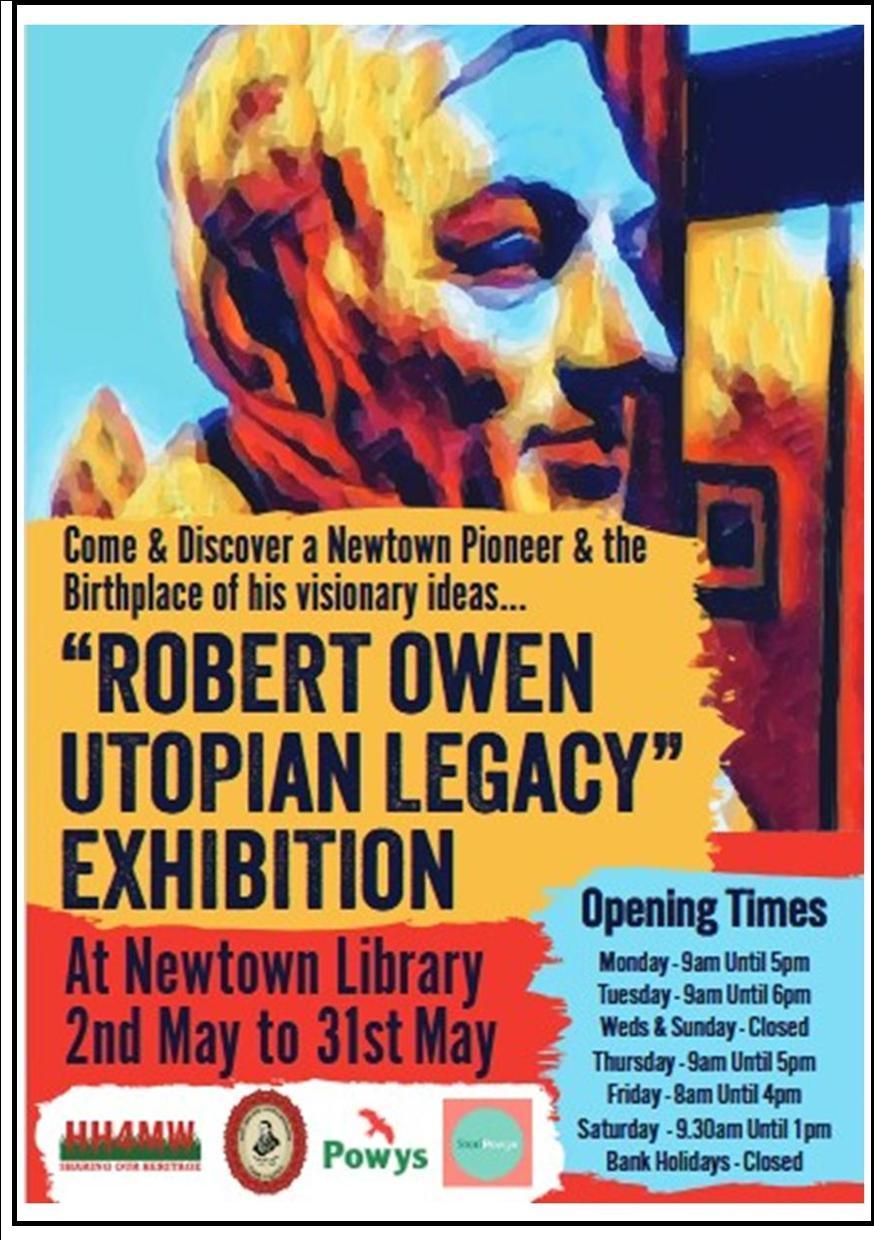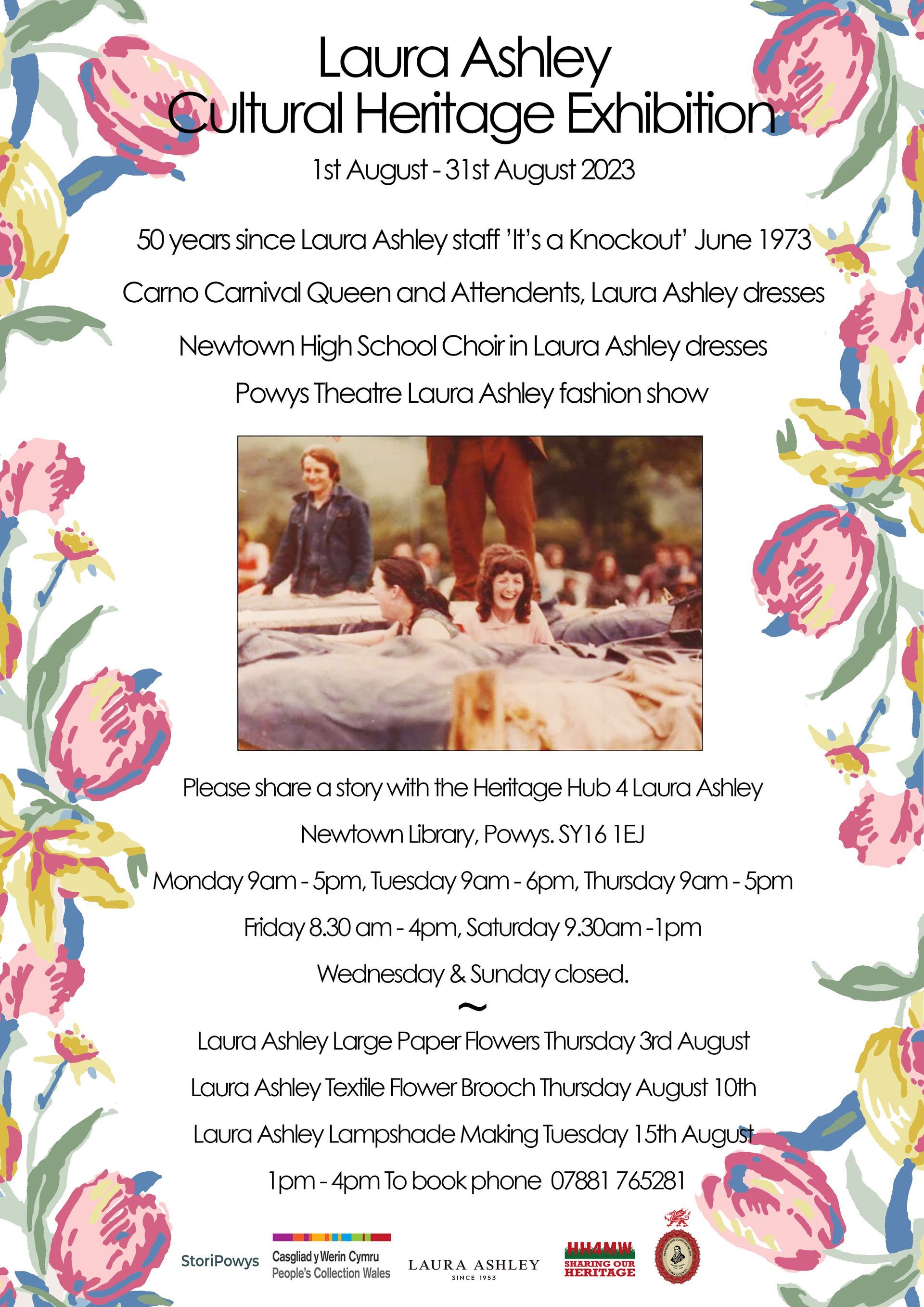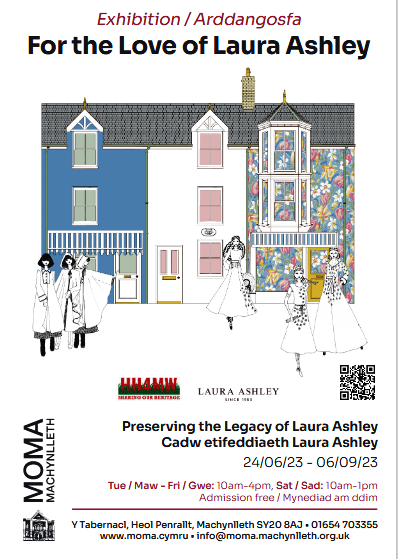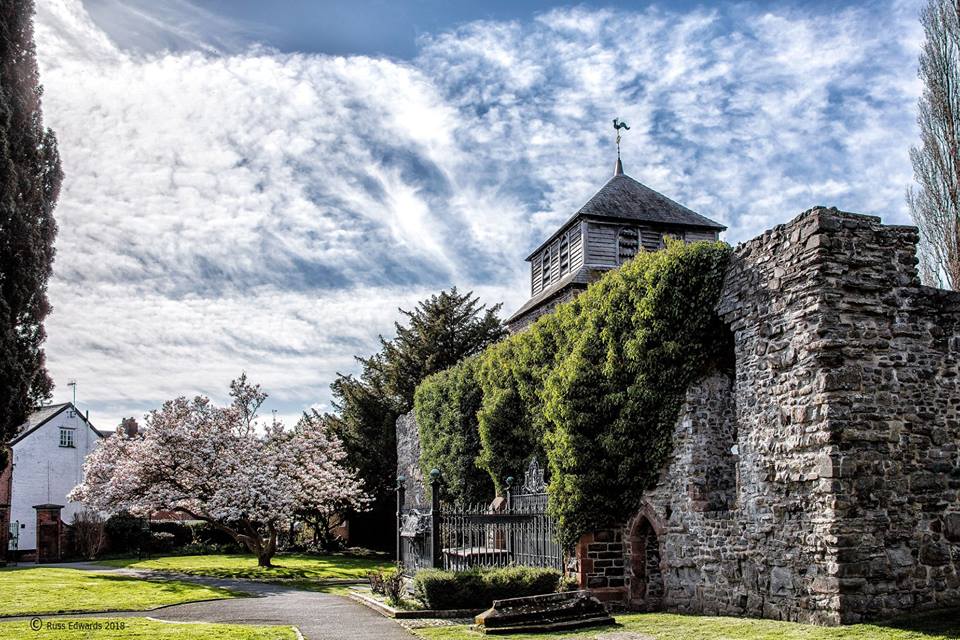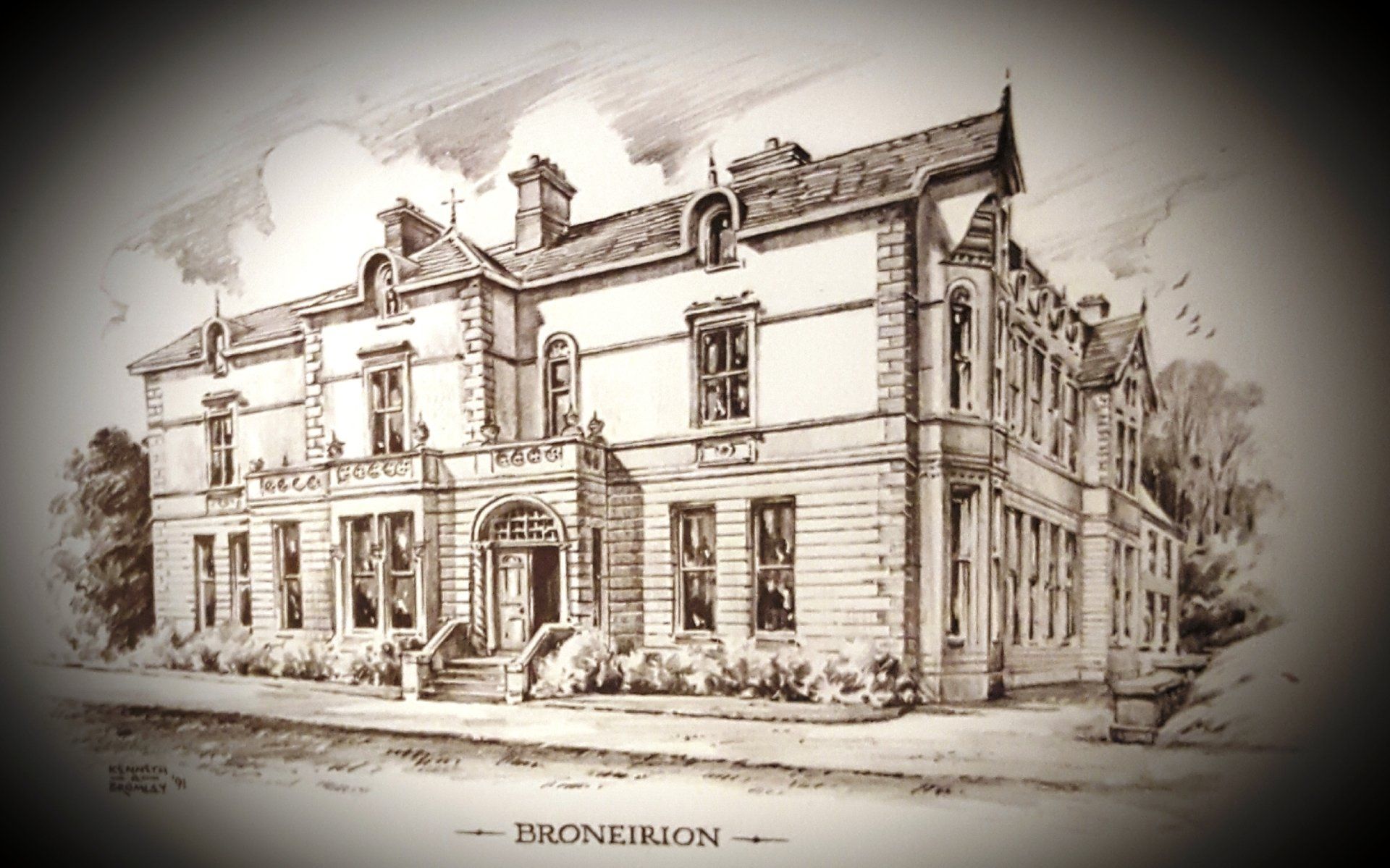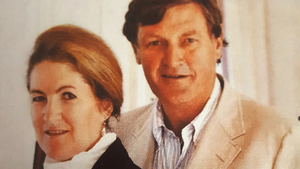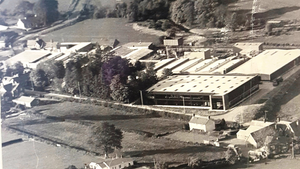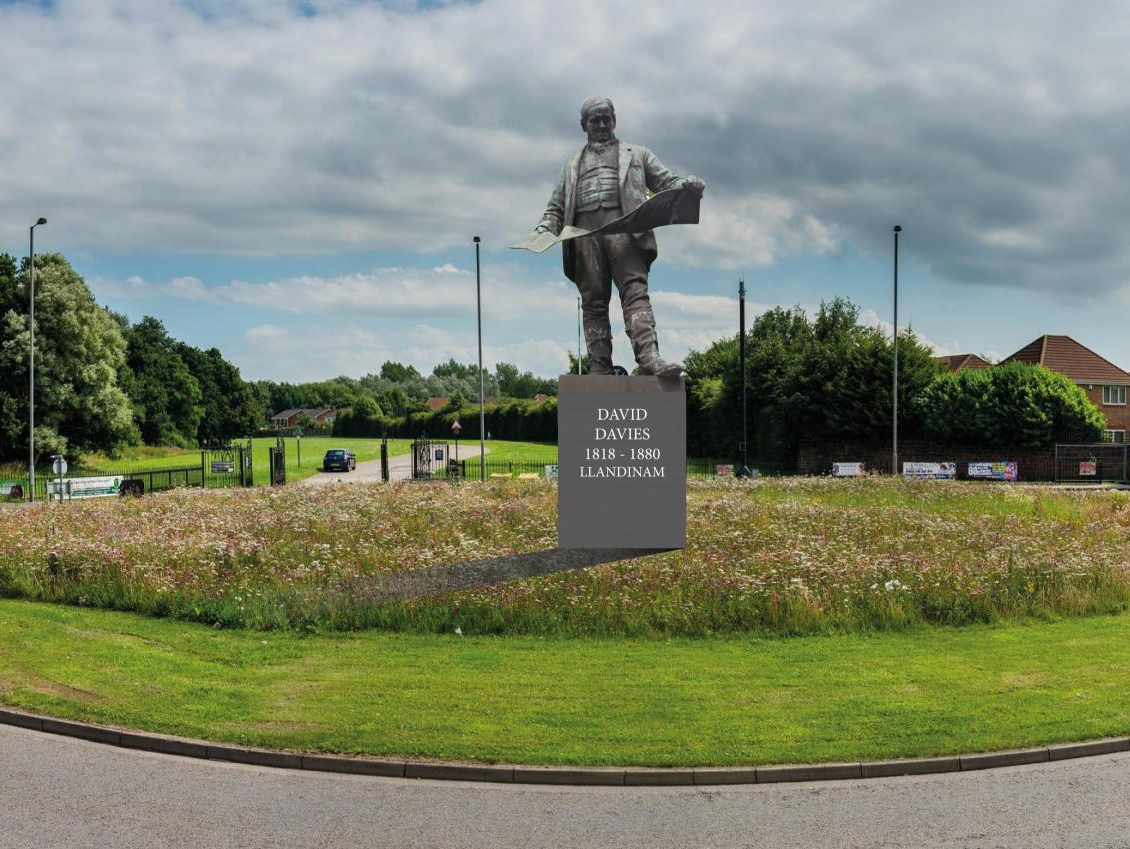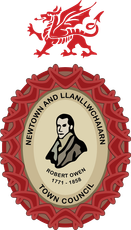MID WALES PIONEERSThe Future of their Past
The Heritage Hub 4 Mid Wales aims to collaborate with communities and cultural heritage custodians, to co-create digital heritage and cultural heritage tourism to inform, educate and share our Cultural heritage globally.
MID WALES PIONEERSThe Future of Their Past
The Heritage Hub 4 Mid Wales aims to collaborate with communities and cultural heritage custodians, to co-create digital heritage and cultural heritage tourism to inform, educate and share our Cultural heritage globally.
The Heritage Hub 4 Mid Wales aims to build a reputation as a trusted co-operative enterprise by cooperation and collaboration with Cultural Heritage custodians uniting to make sustainable impact in communities
The Heritage Hub 4 Mid Wales aims to build a reputation as a trusted co-operative enterprise by cooperation and collaboration with Cultural Heritage custodians uniting to make sustainable impact in communities
Empower Communities
Digital Archive
Global Pioneers
Cultural Heritage
Marketing Tool
Heritage Interpretation
Our latest blog posts
Read our latest news and posts about the pioneers and their legacy
Our latest blog posts
Read our latest news and posts about the pioneers and their legacy
Our Pioneers
ROBERT OWEN (1771-1858)Pioneer of Social Reforms and Education
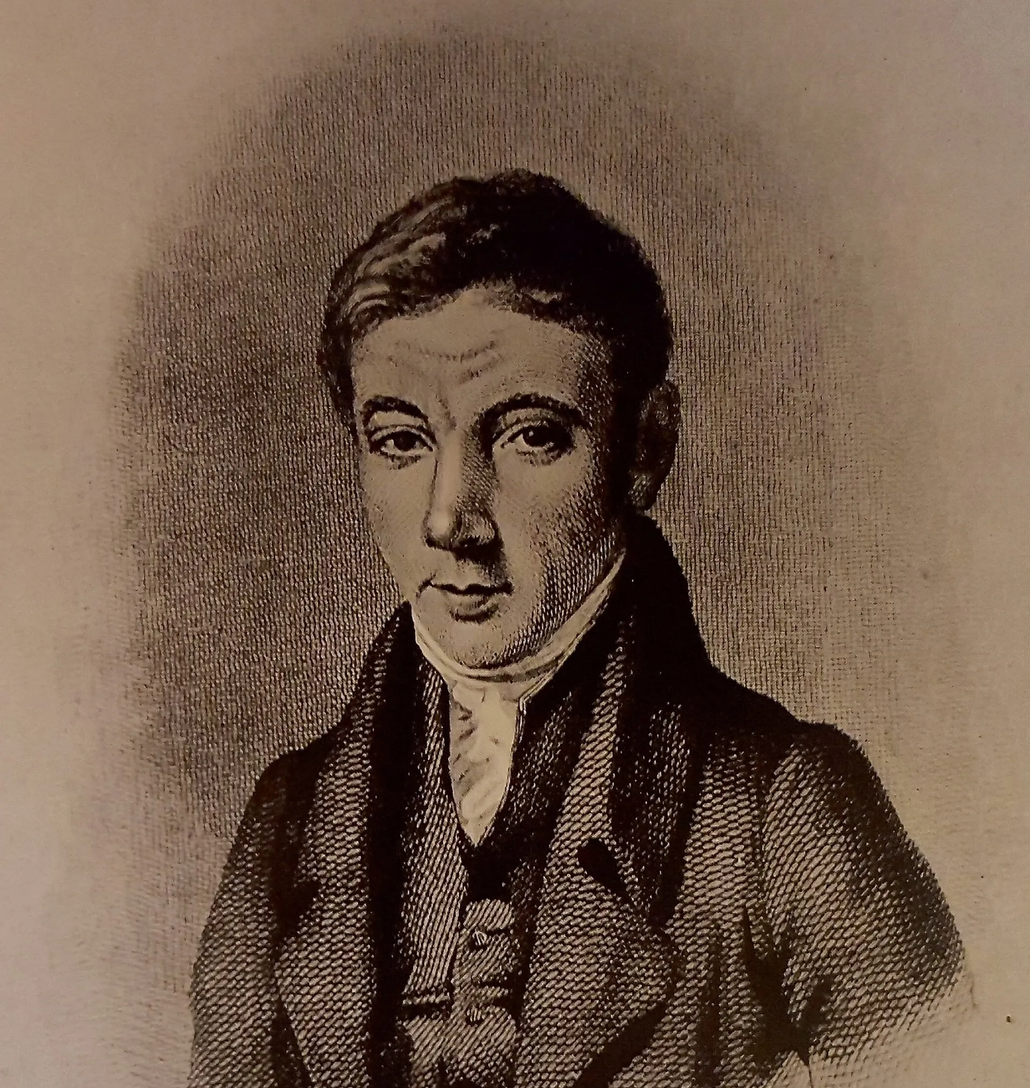
Slide title
Robert Owen 1796
Button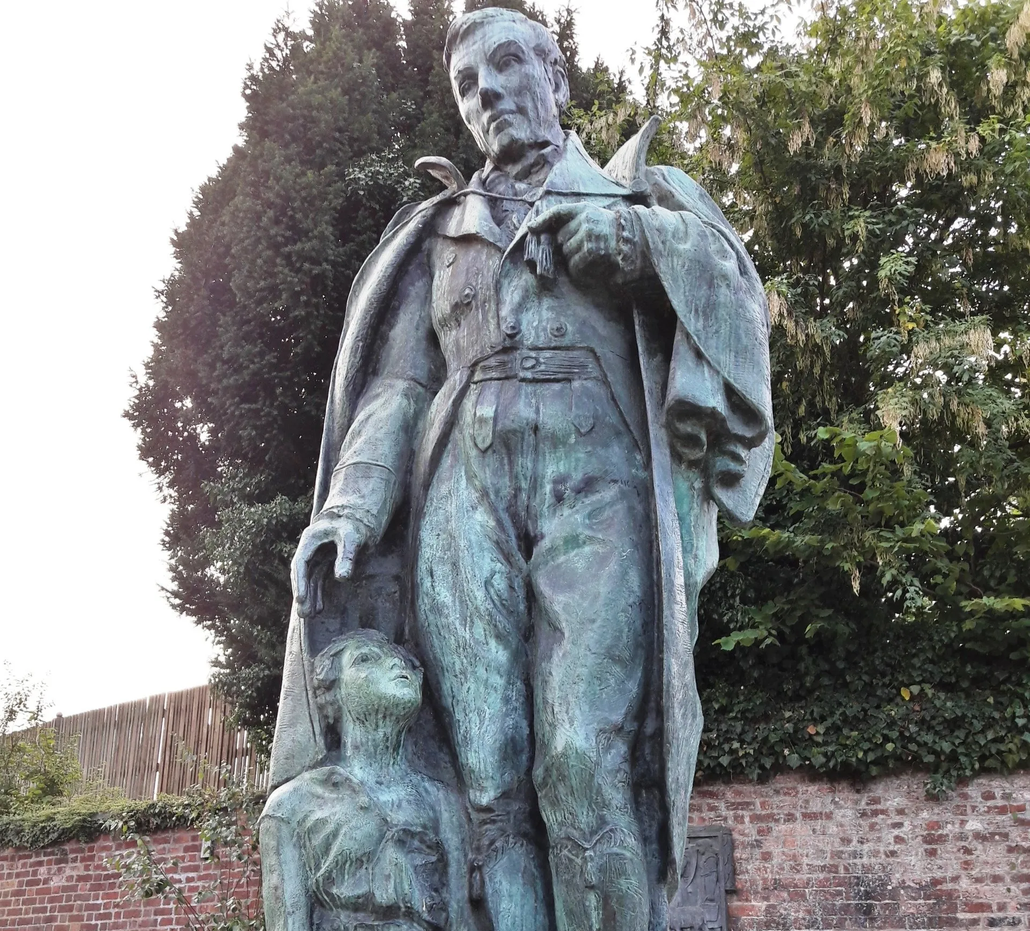
Slide title
Robert Owen Statue in Newtown. He is with a child because he pioneered education for all children.
Button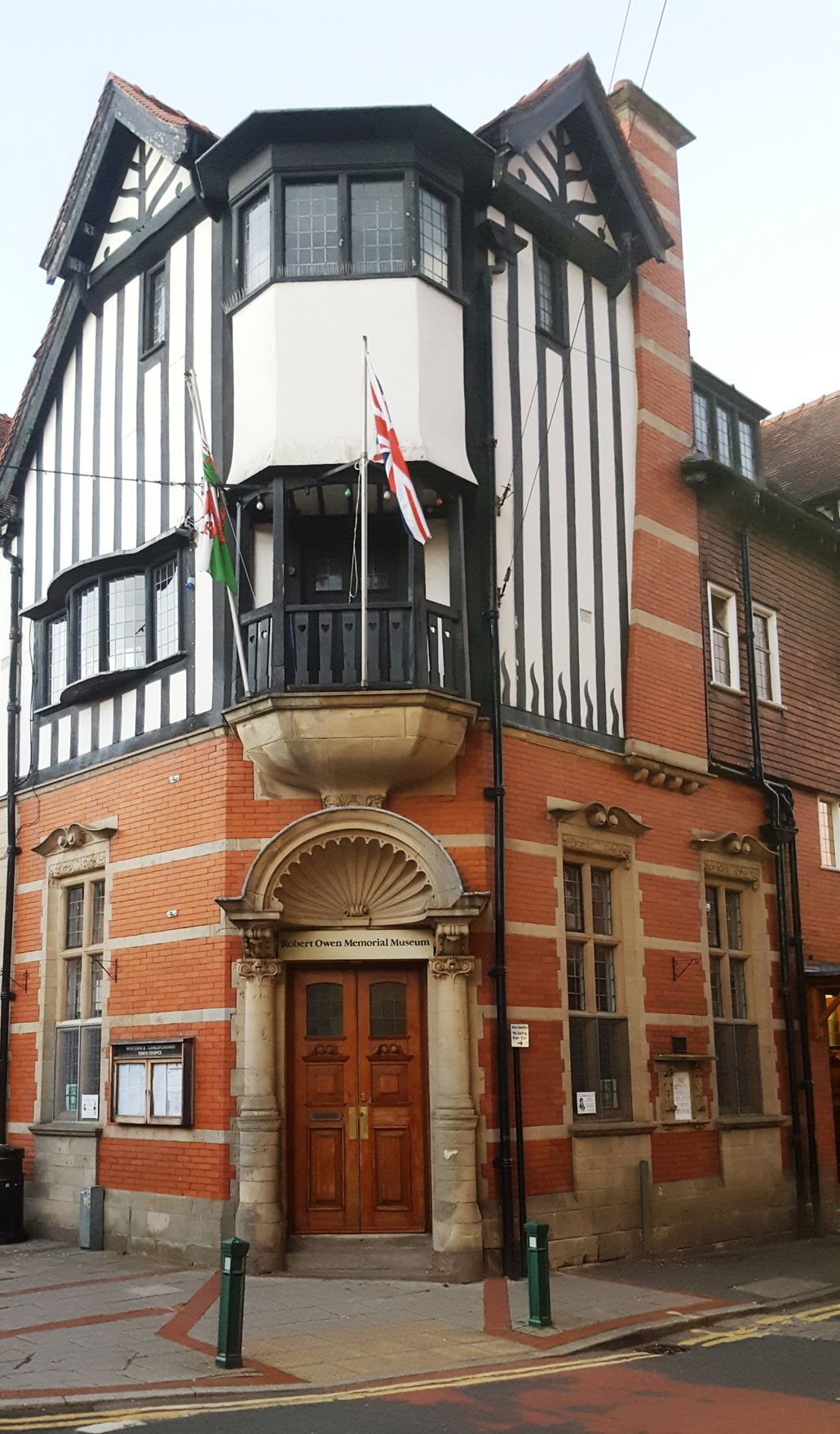
Slide title
The Robert Owen Museum in Newtown, Powys
Button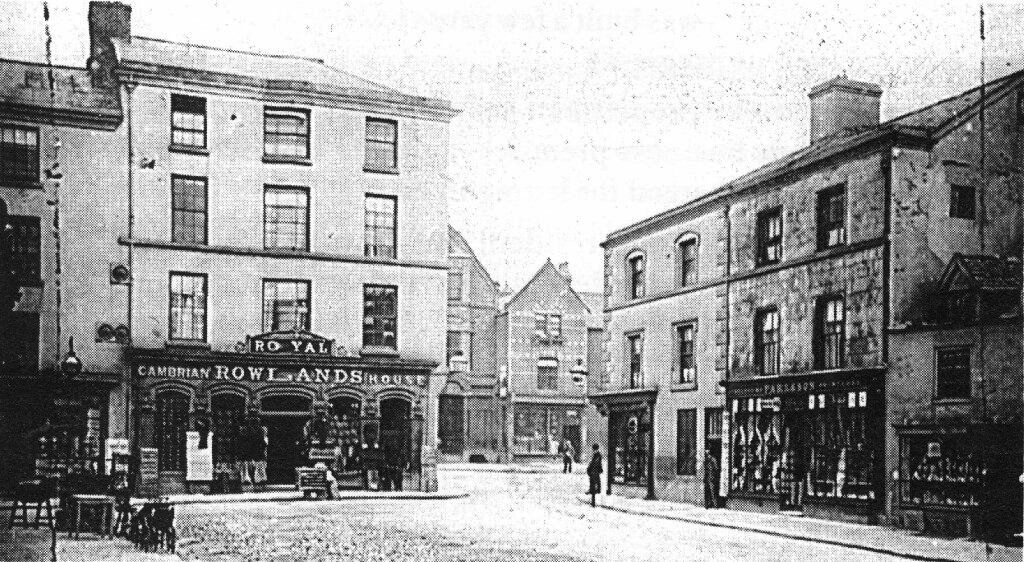
Slide title
Robert Owen's birthplace in Newtown, Powys
Button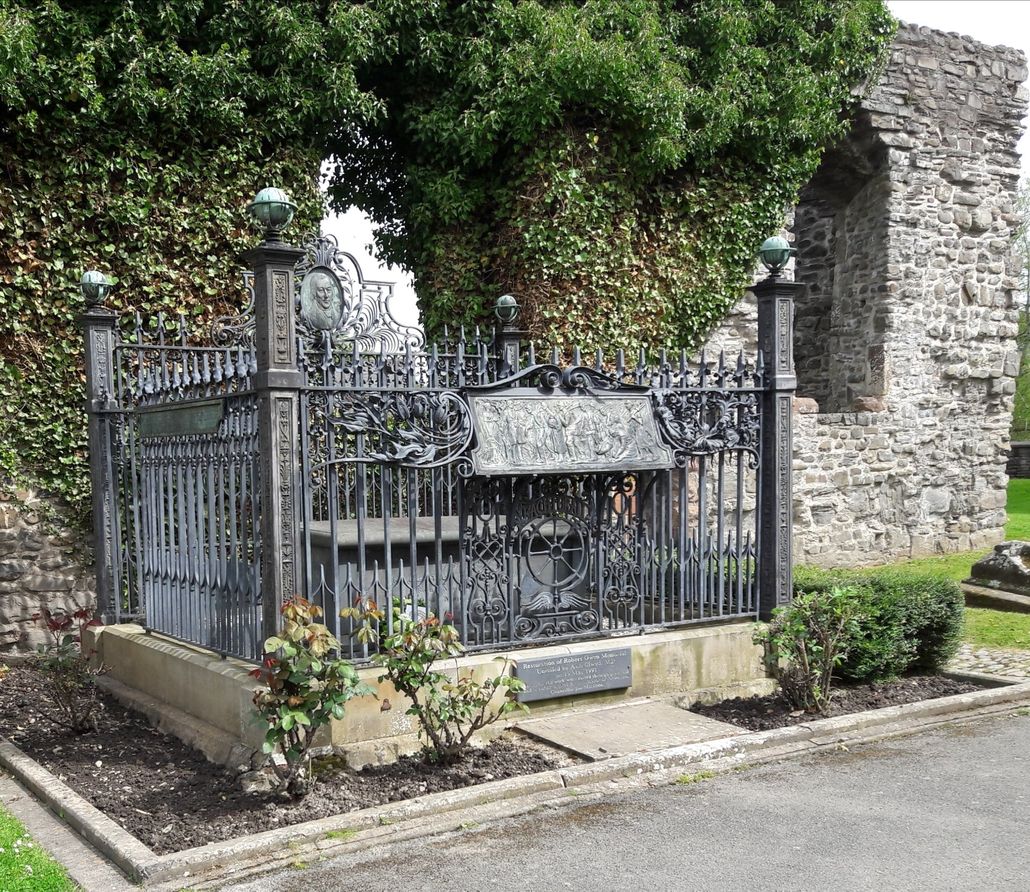
Slide title
Robert Owen's grave in Newtown, Powys
Button
ROBERT OWEN (1771-1858)Pioneer of Social Reforms and Education
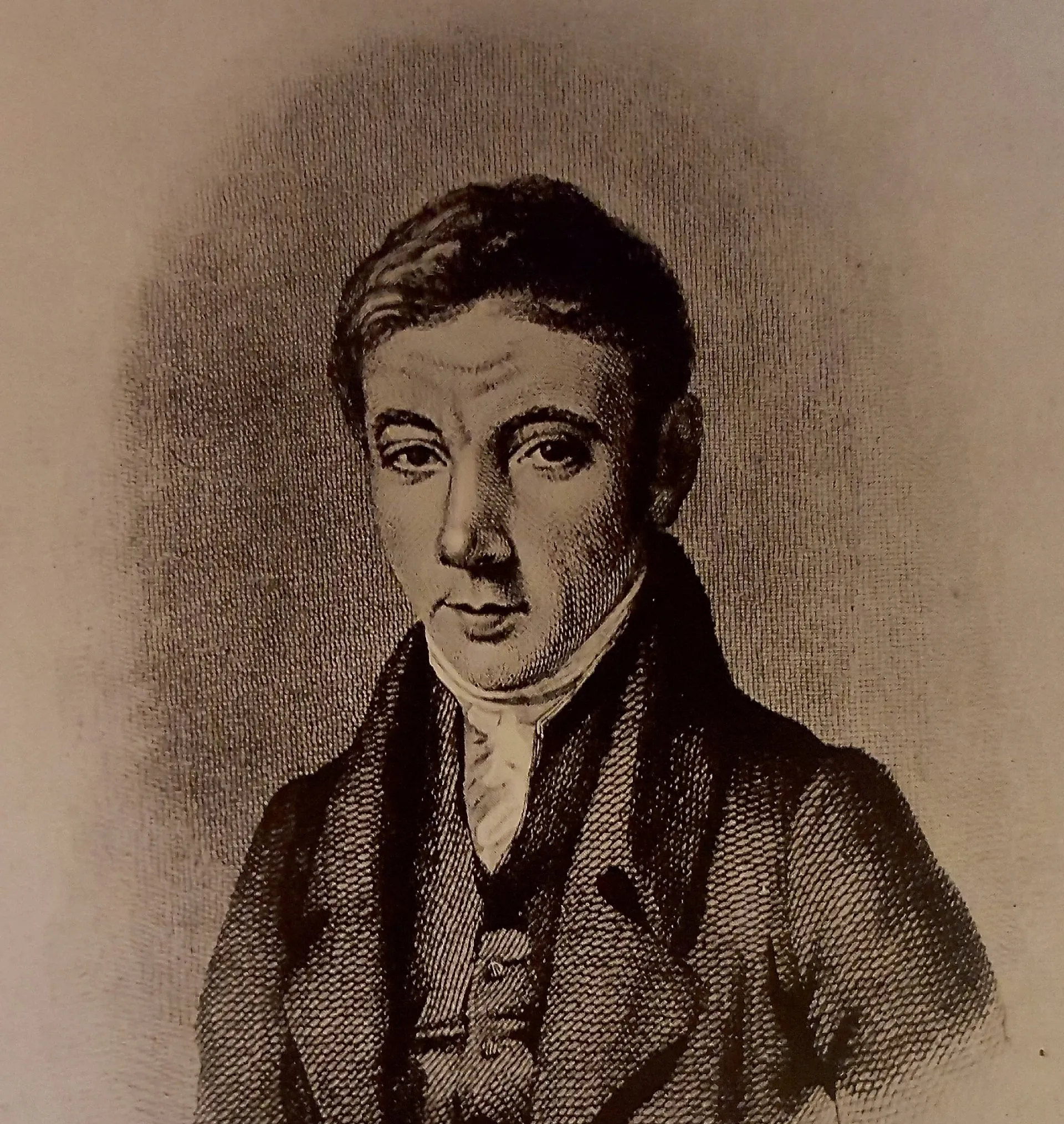
Slide title
Robert Owen 1796
Button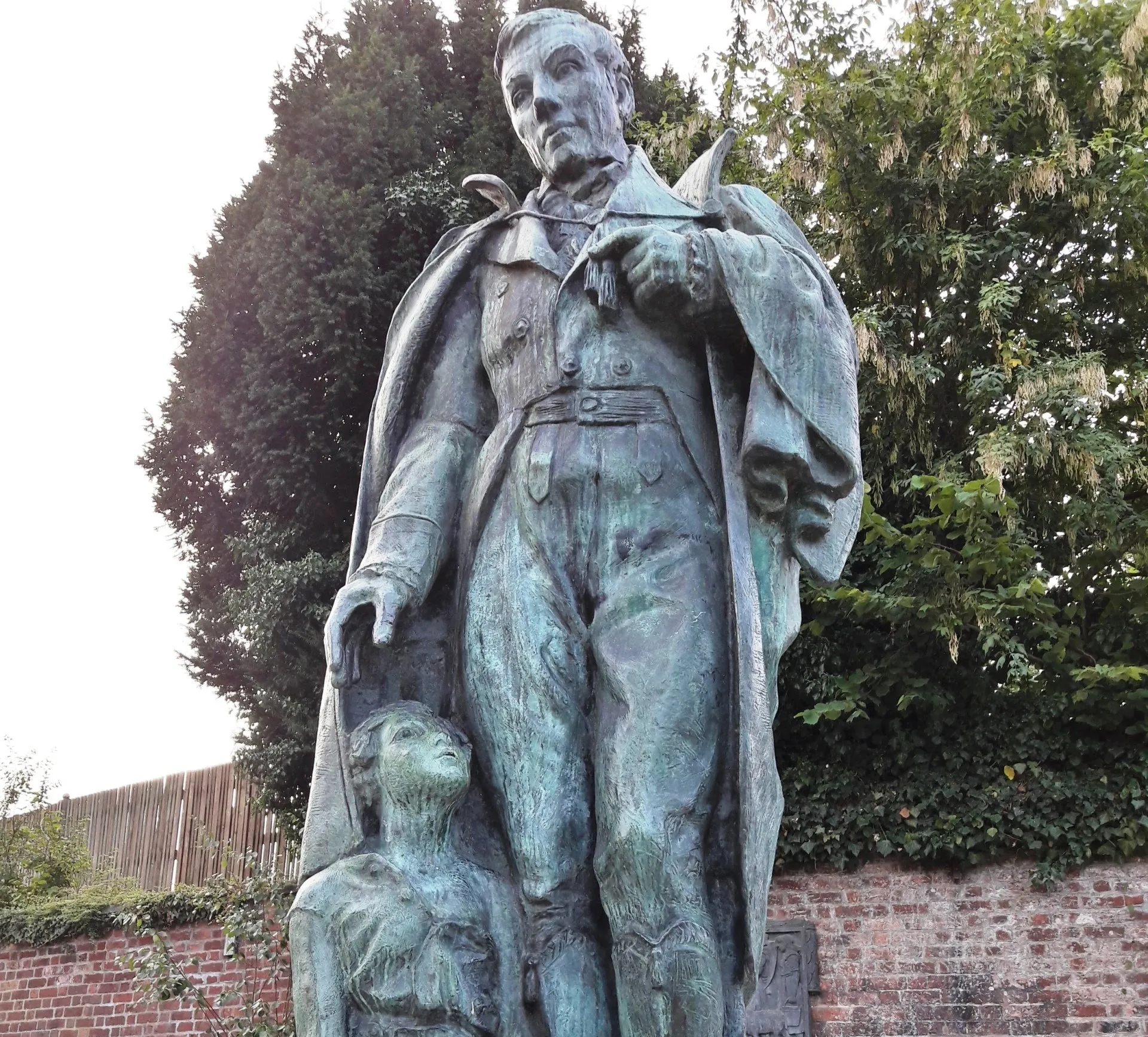
Slide title
Robert Owen Statue in Newtown. He is with a child because he pioneered education for all children.
Button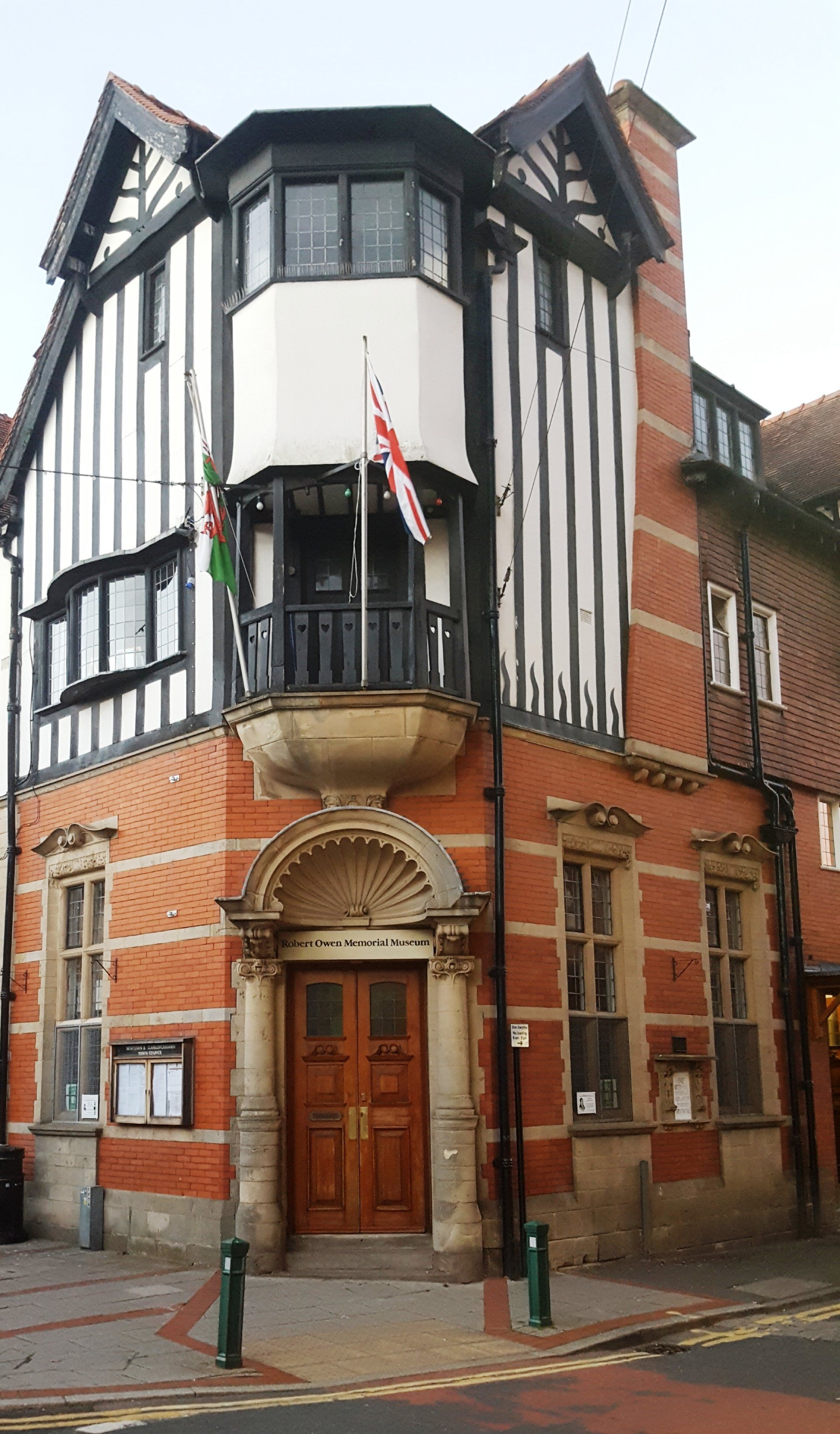
Slide title
The Robert Owen Museum in Newtown, Powys
Button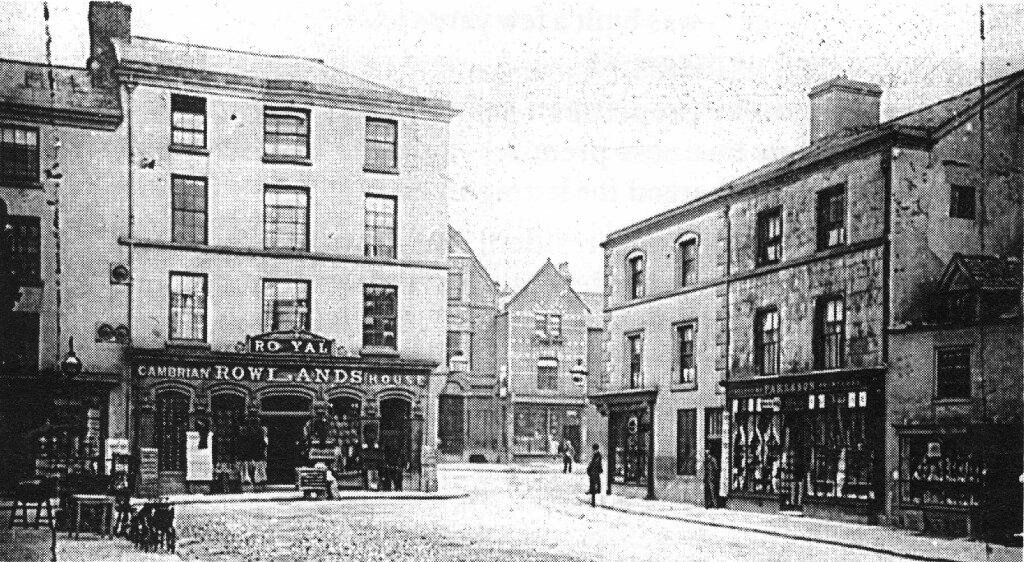
Slide title
Robert Owen's birthplace in Newtown, Powys
Button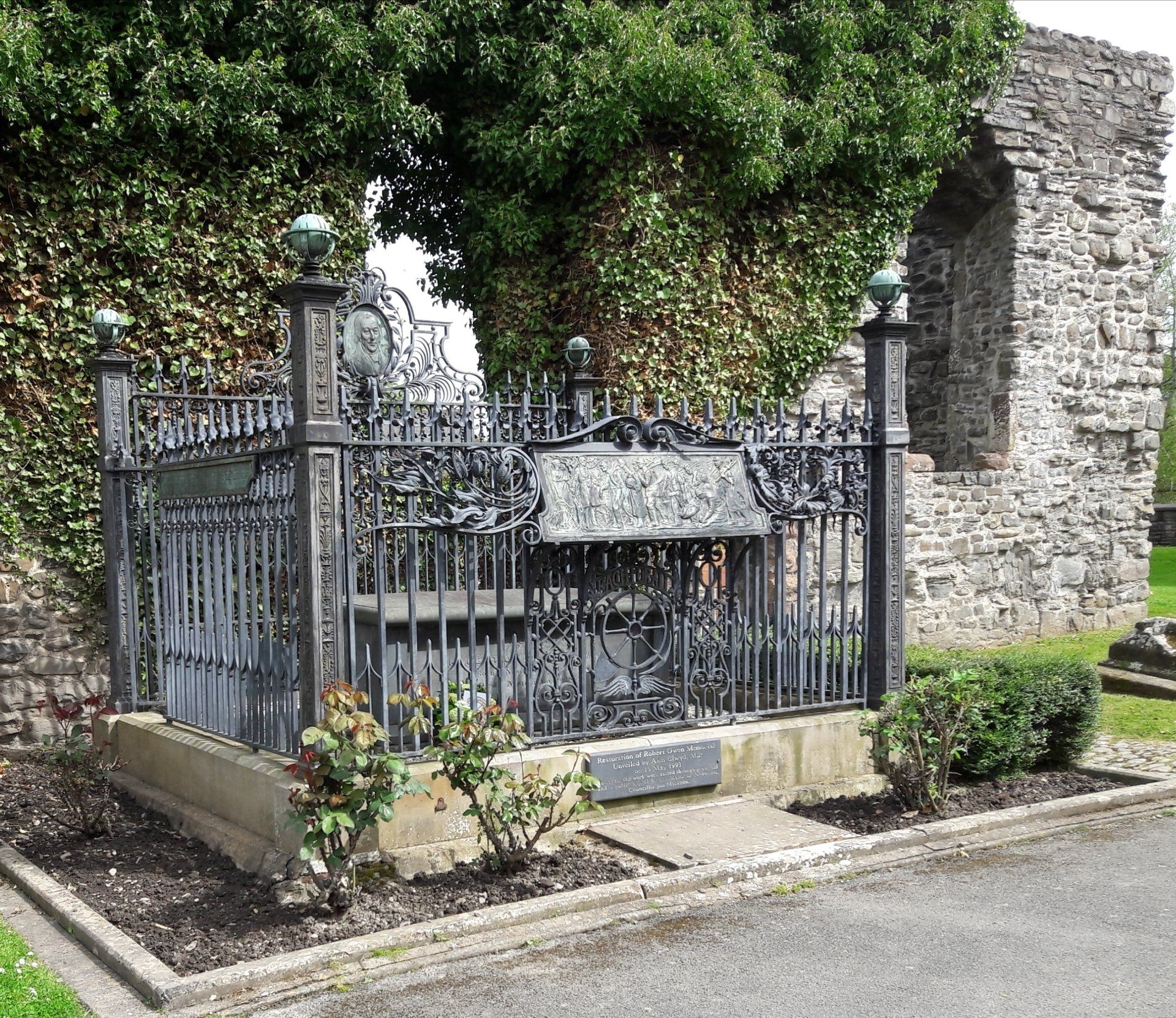
Slide title
Robert Owen's grave in Newtown, Powys
Button
ROBERT OWEN (1771-1858)Pioneer of Social Reforms and Education

Slide title
Robert Owen 1796
Button
Slide title
Robert Owen Statue in Newtown. He is with a child because he pioneered education for all children.
Button
Slide title
The Robert Owen Museum in Newtown, Powys
Button
Slide title
Robert Owen's birthplace in Newtown, Powys
Button
Slide title
Robert Owen's grave in Newtown, Powys
Button
DAVID DAVIES (1818-1890)One of the Pioneers of the Industrial Revolution
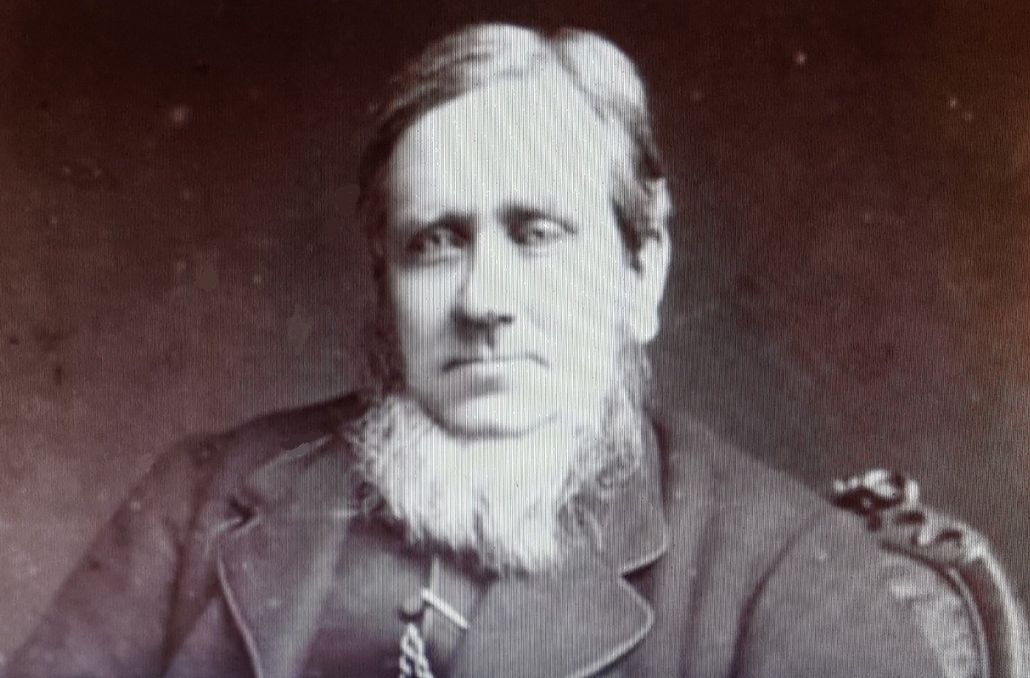
Slide title
David Davies 1818-1890
Button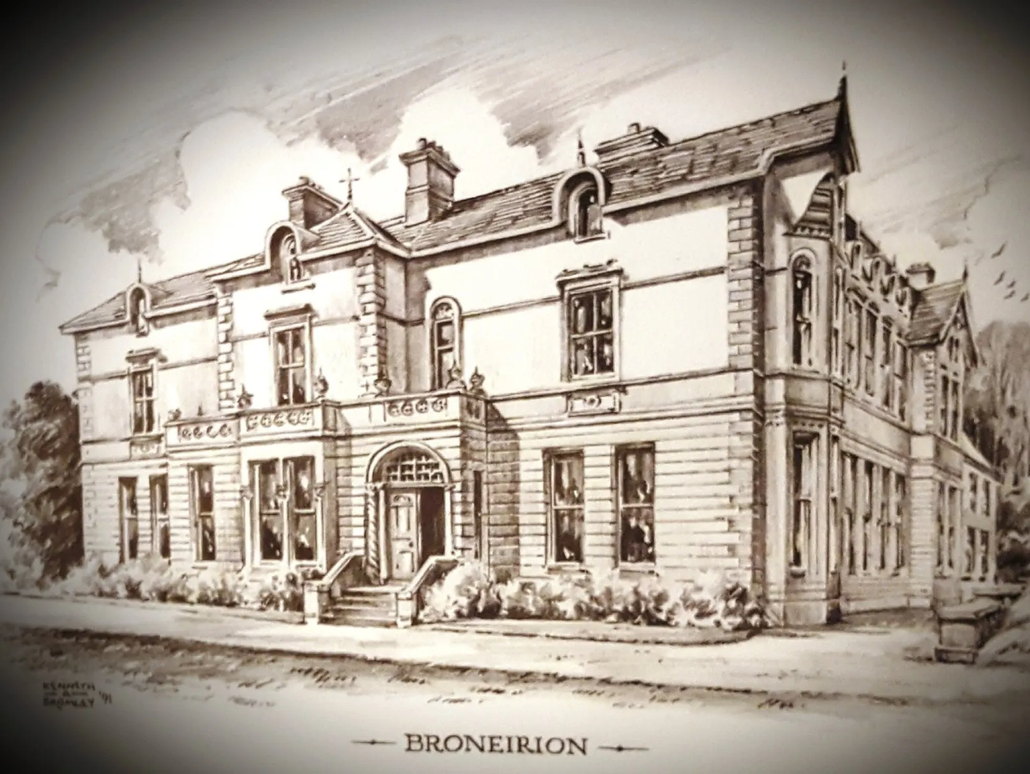
Slide title
David Davies built Broneirion in Llandinam in 1865
Button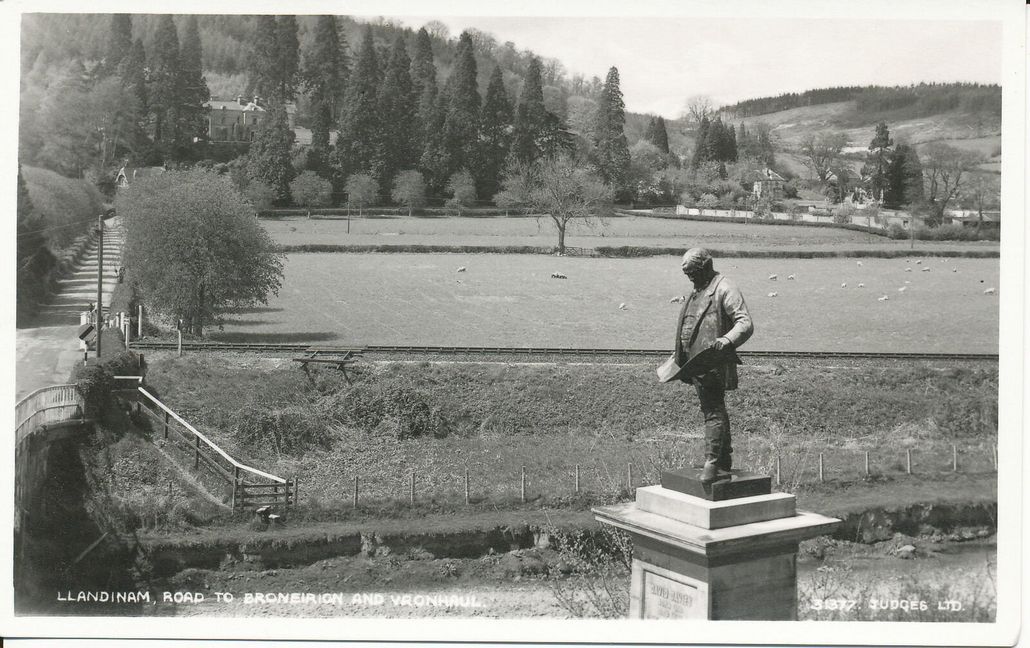
Slide title
David Davies Statue at Llandinam
Button
DAVID DAVIES (1818-1890)One of the Pioneers of the Industrial Revolution
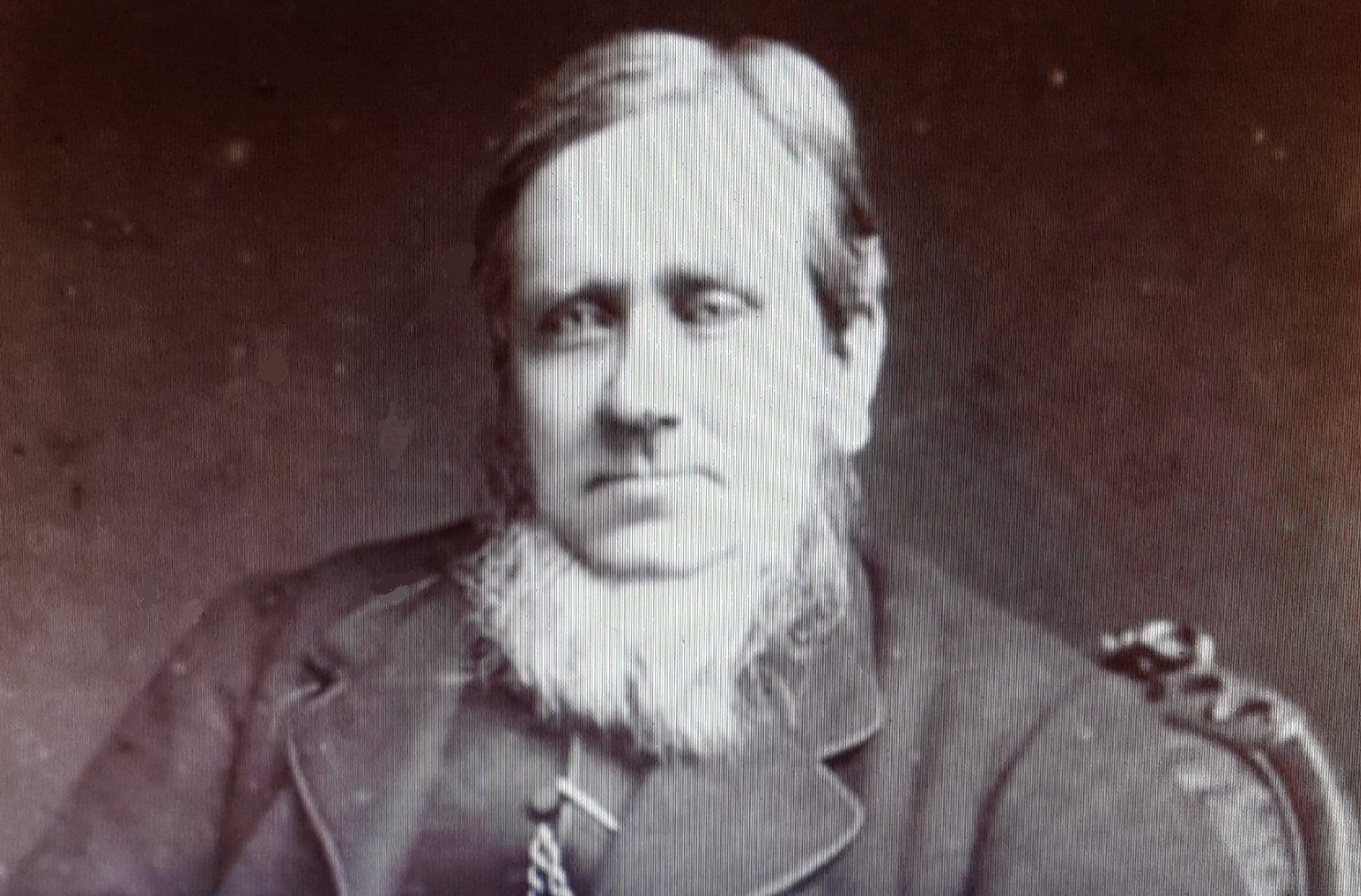
Slide title
David Davies 1818-1890
Button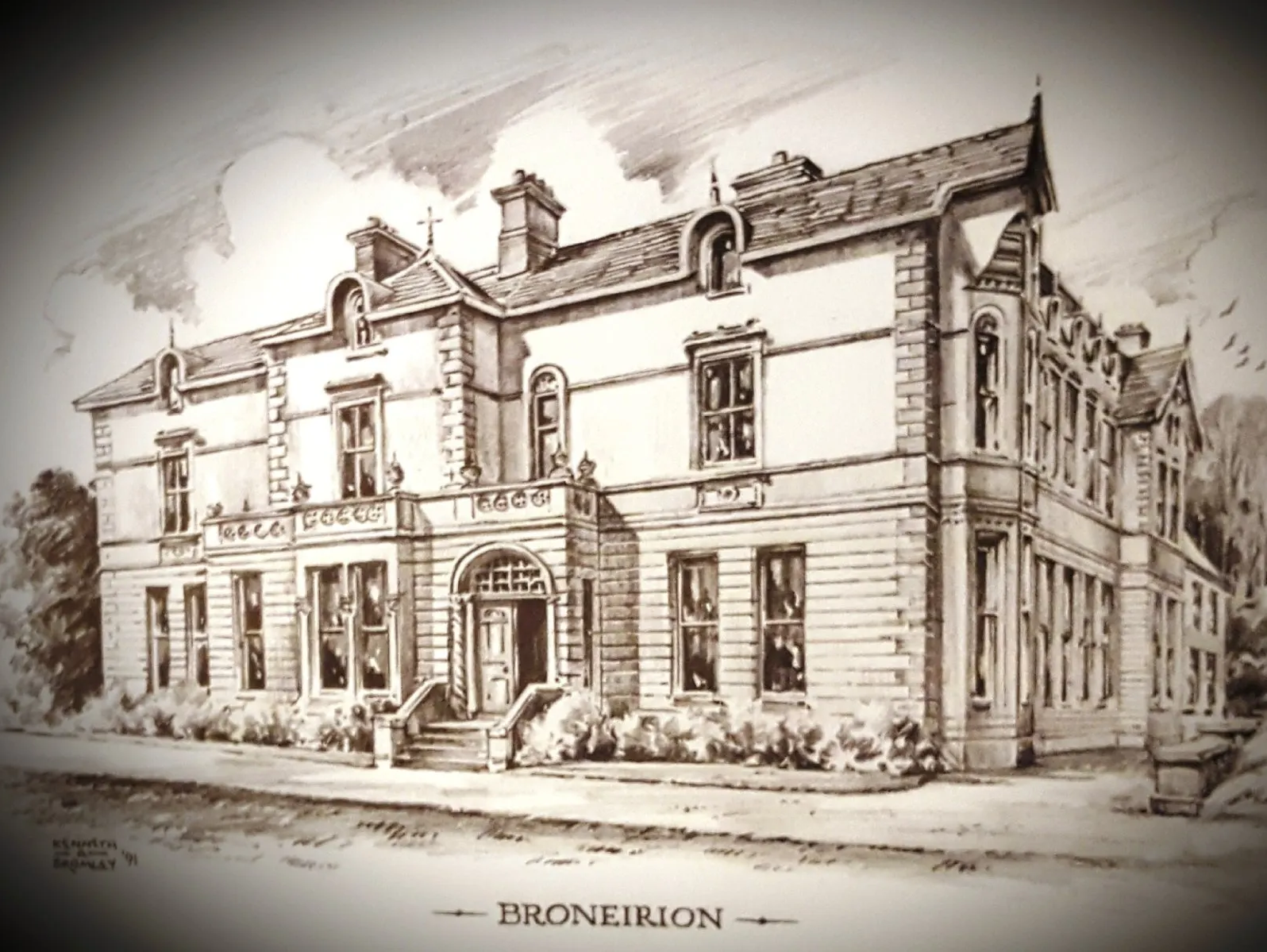
Slide title
David Davies built Broneirion in Llandinam in 1865
Button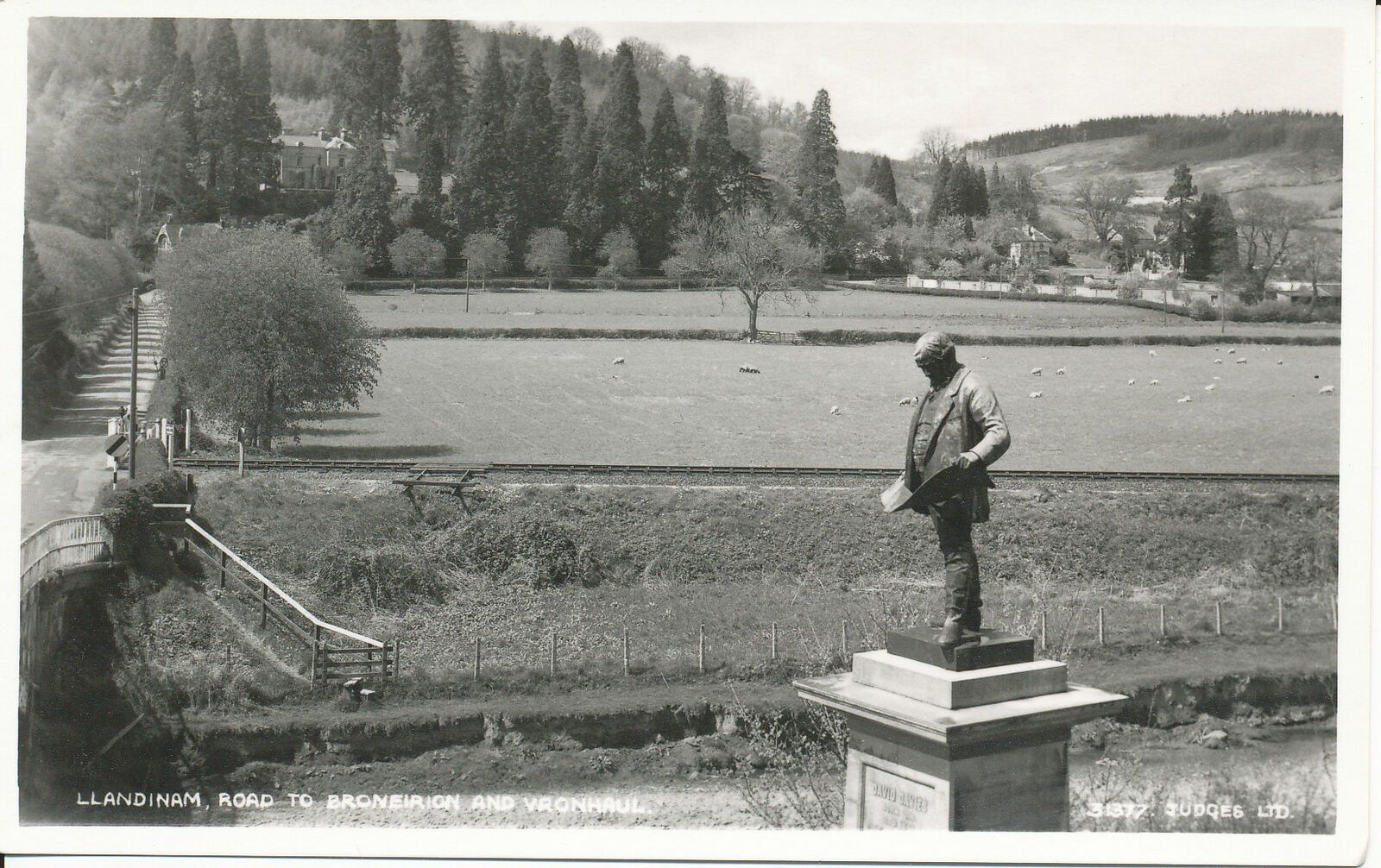
Slide title
David Davies Statue at Llandinam
Button
SIR PRYCE PRYCE-JONES (1834-1920)Pioneer of the first international mail order business.
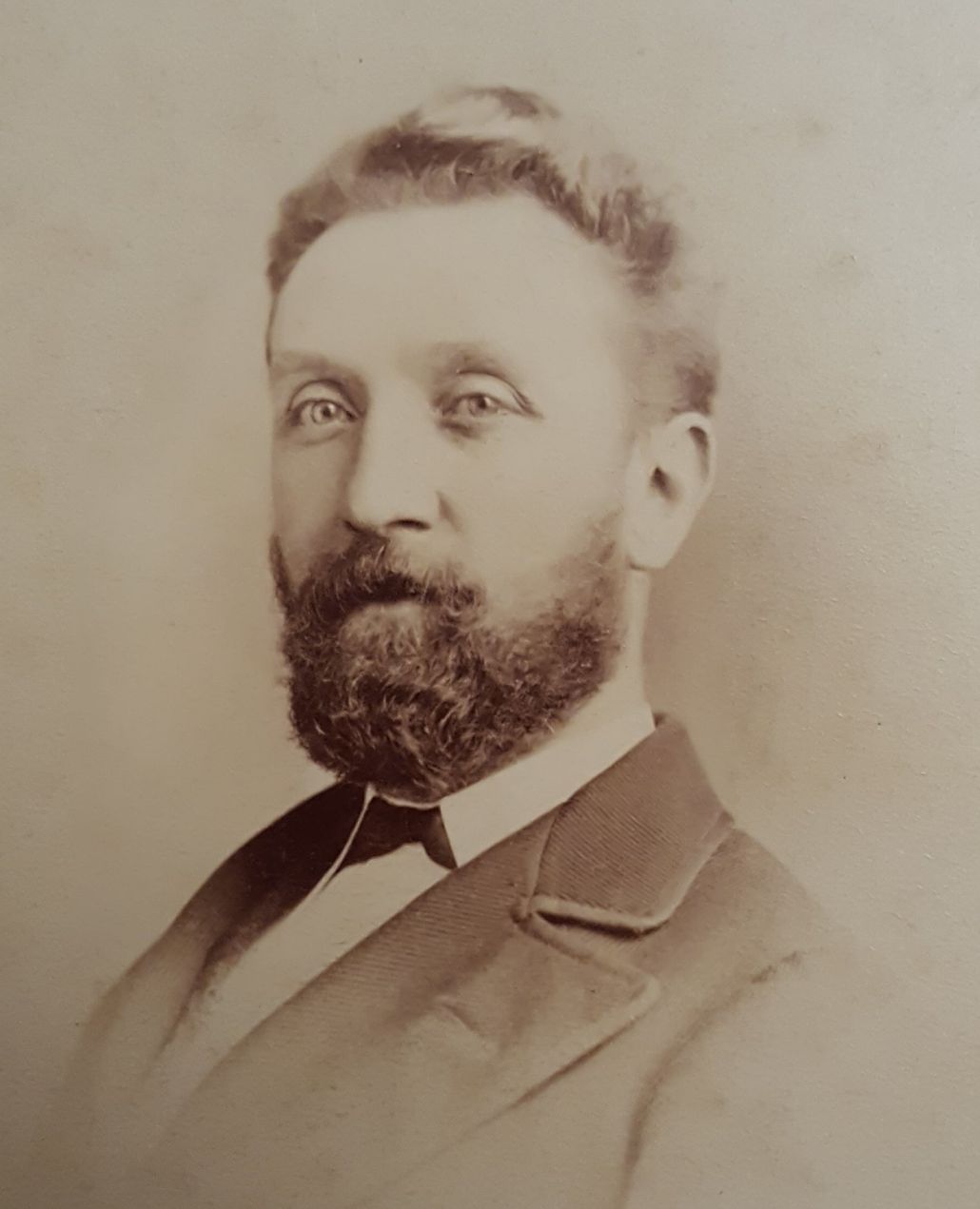
Slide title
Sir Pryce Pryce-Jones 1880s
Button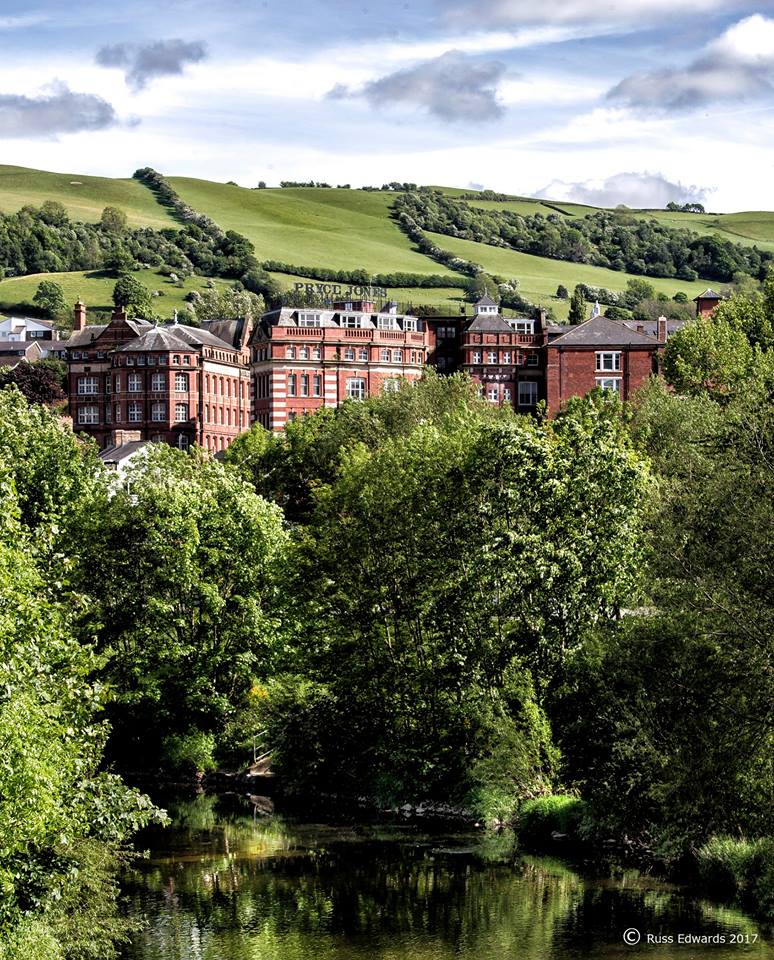
Slide title
The Pryce Jones building in 2017 by Russ Edwards
Button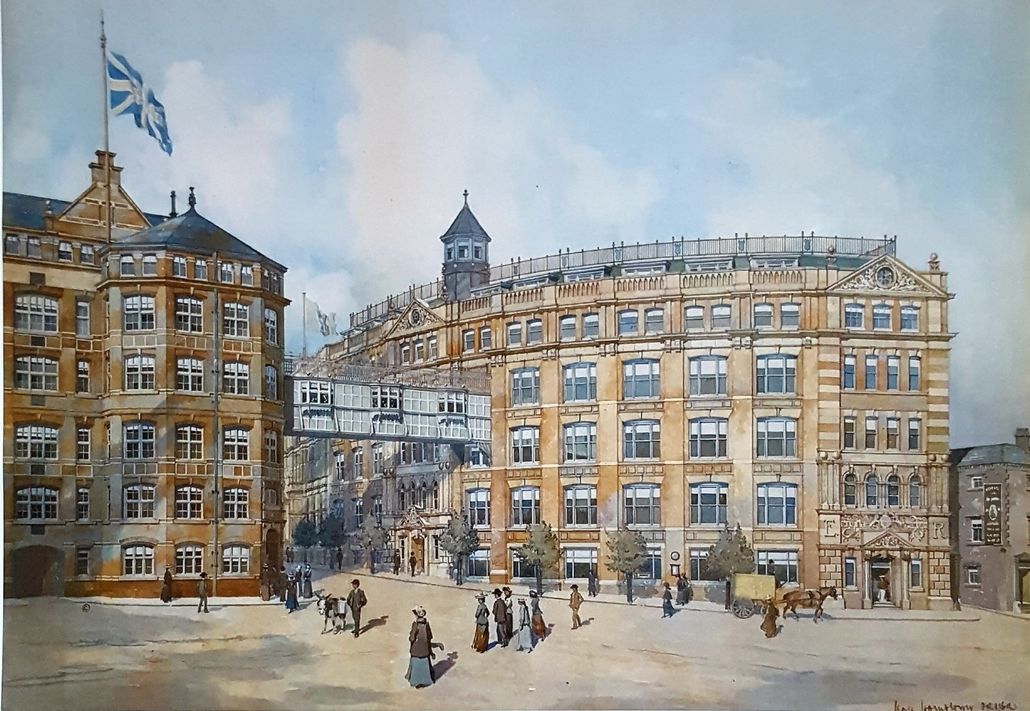
Slide title
The Pryce Jones building in 1910-1920
Button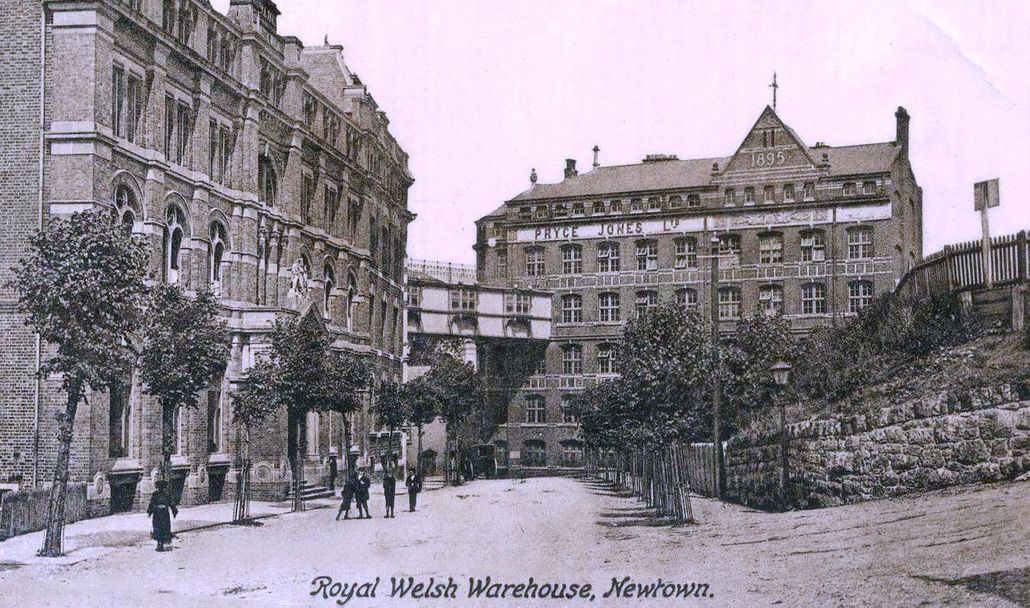
Slide title
The Pryce Jones building in 1930-1940
Button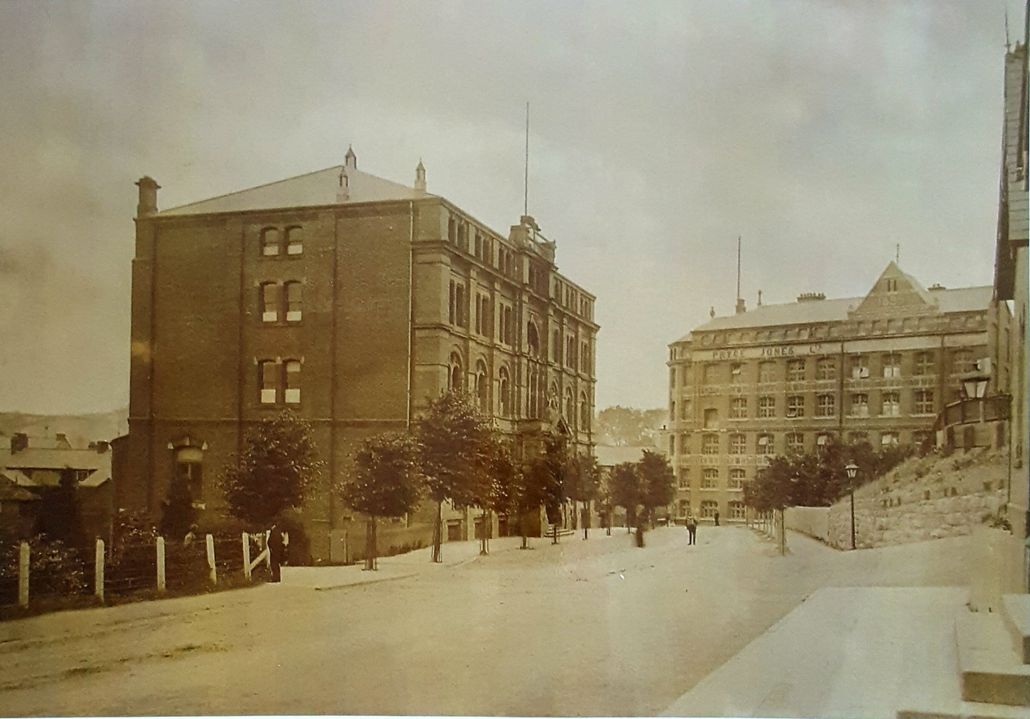
Slide title
The Pryce Jones building in 1930-1940
Button
SIR PRYCE PRYCE-JONES (1834-1920)Pioneer of the first international mail order business.
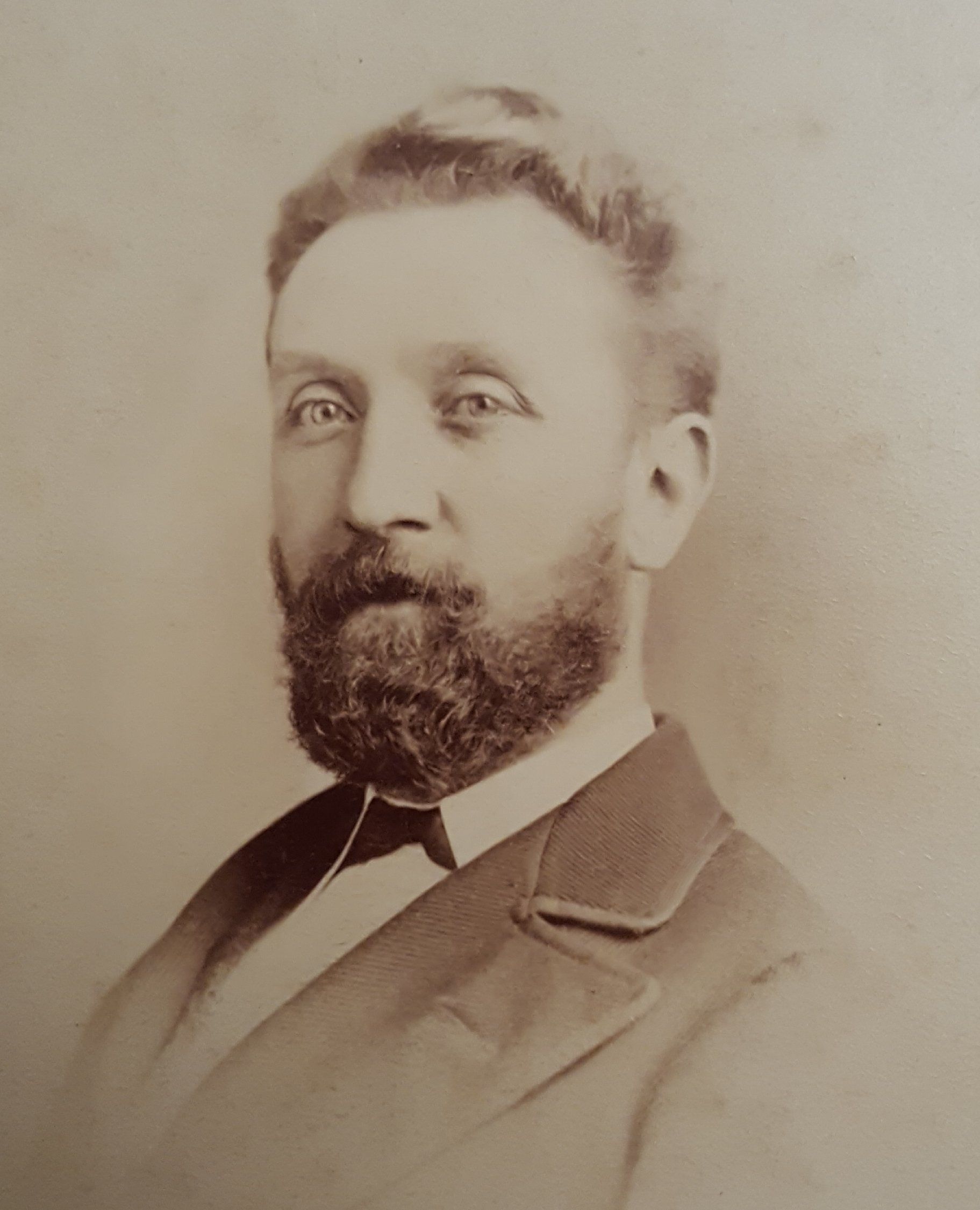
Slide title
Sir Pryce Pryce-Jones 1880s
Button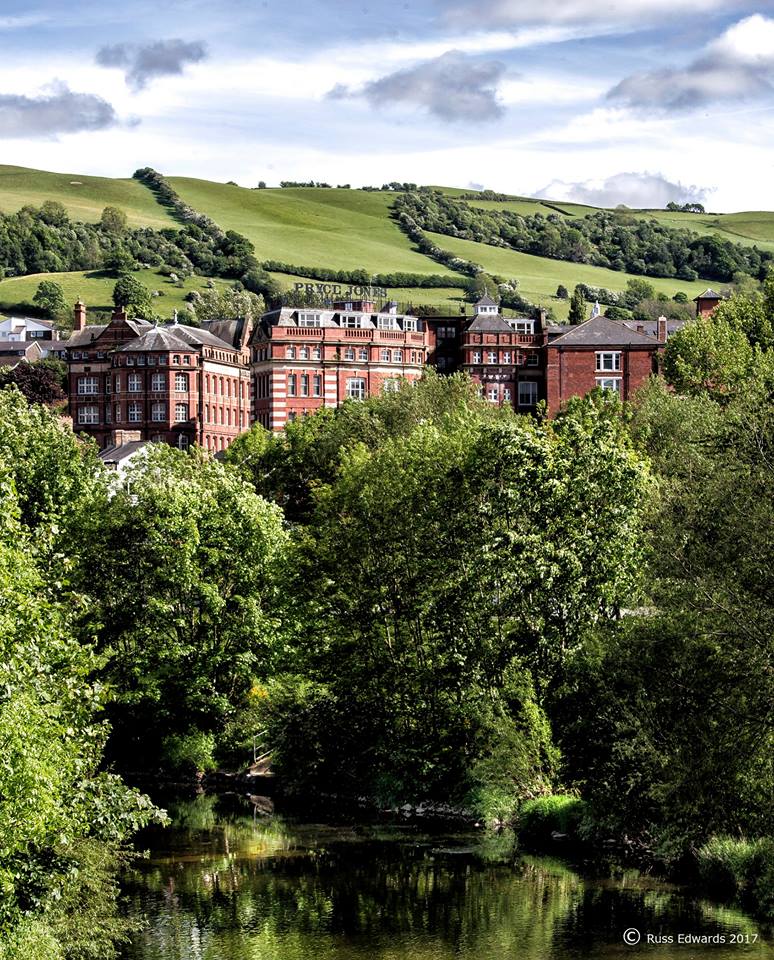
Slide title
The Pryce Jones building in 2017 by Russ Edwards
Button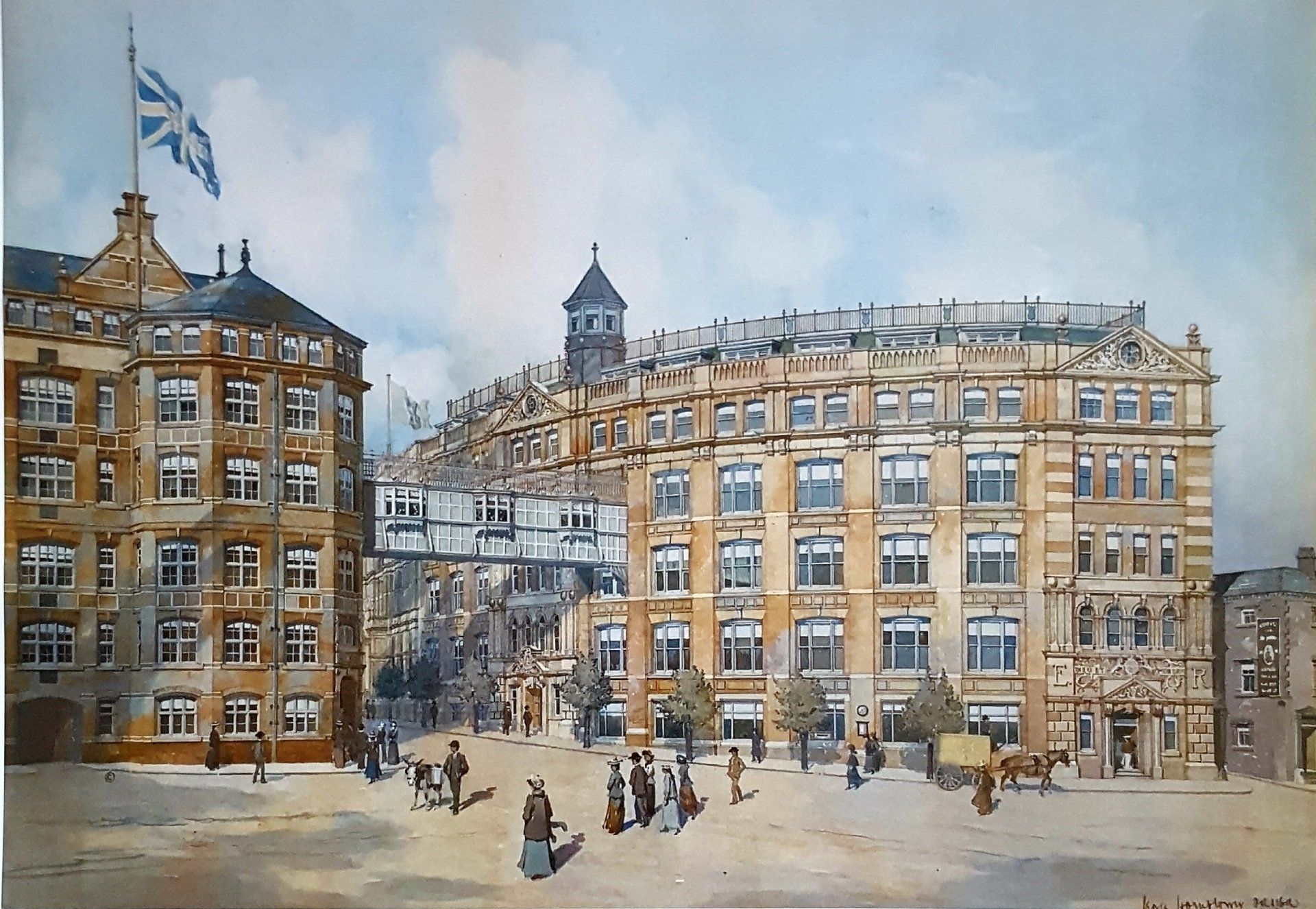
Slide title
The Pryce Jones building in 1910-1920
Button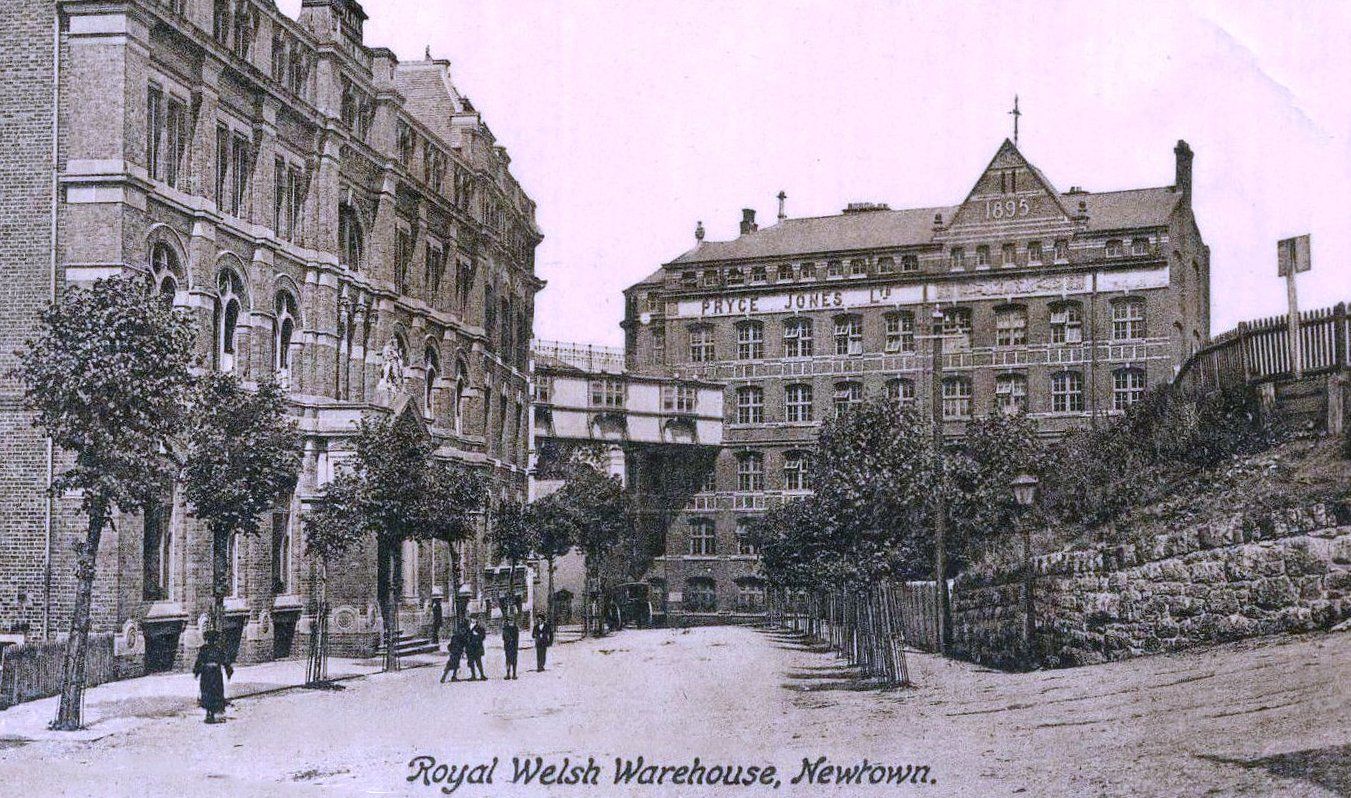
Slide title
The Pryce Jones building in 1930-1940
Button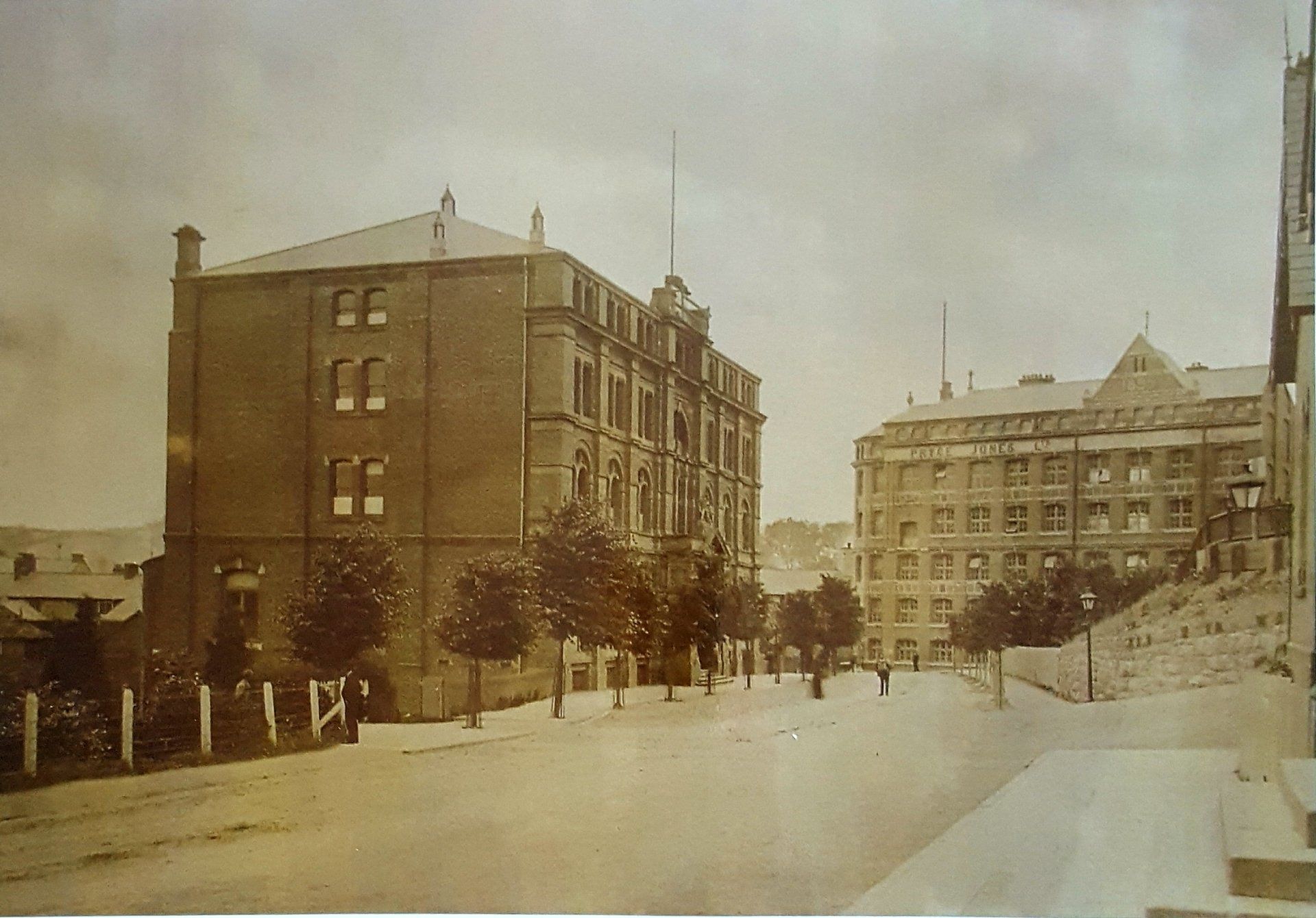
Slide title
The Pryce Jones building in 1930-1940
Button
LAURA ASHLEY (1925- 1985)Pioneered a Welsh Cottage Textile and Fashion Industry, into a Global Brand.
LAURA ASHLEY (1925- 1985)Pioneered a Welsh Cottage Textile and Fashion Industry, into a Global Brand.
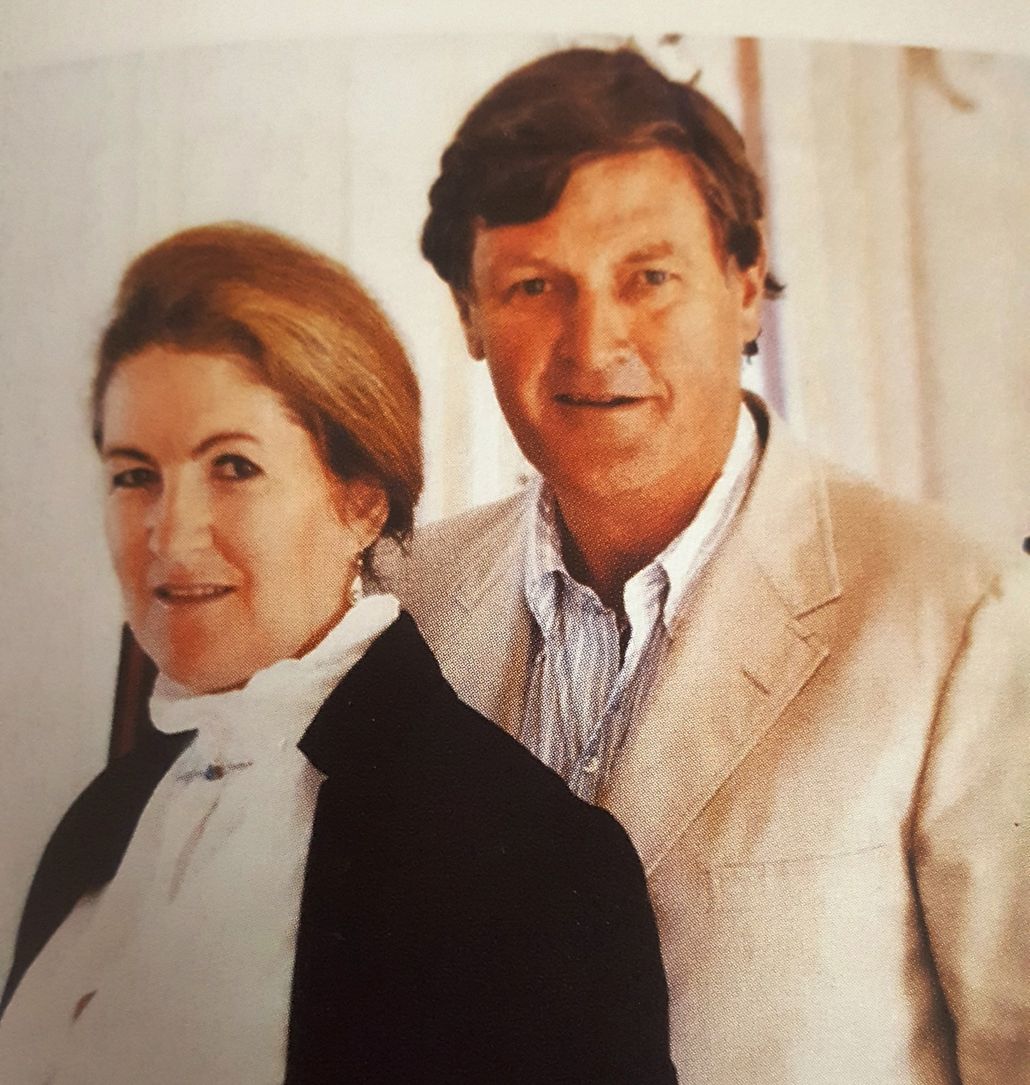
Slide title
Laura & Bernard Ashley
Button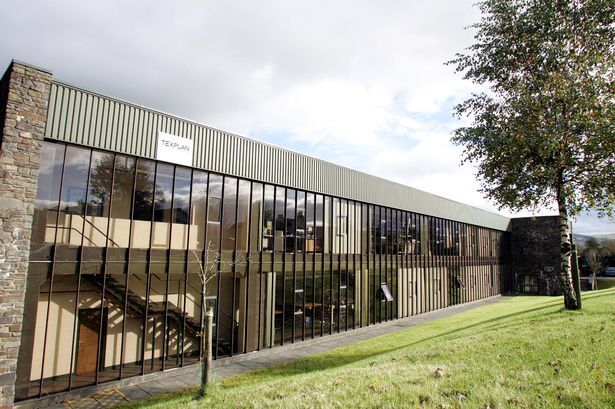
Slide title
The Laura Ashley Texplan Factory at Carno
Button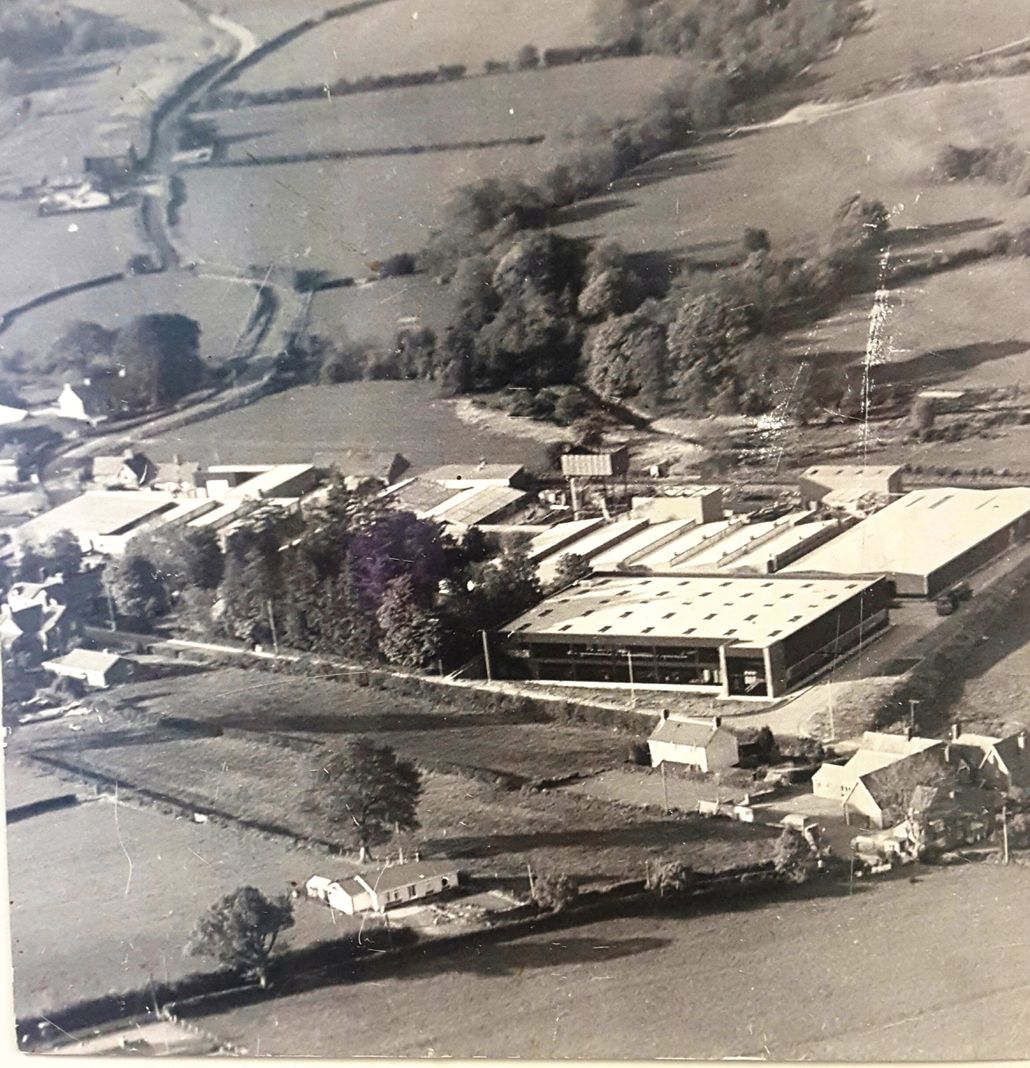
Slide title
The Laura Ashley Factory in Carno
Button
LAURA ASHLEY (1925-1985)Pioneered a Welsh Cottage Textile and Fashion Industry, into a Global Brand.
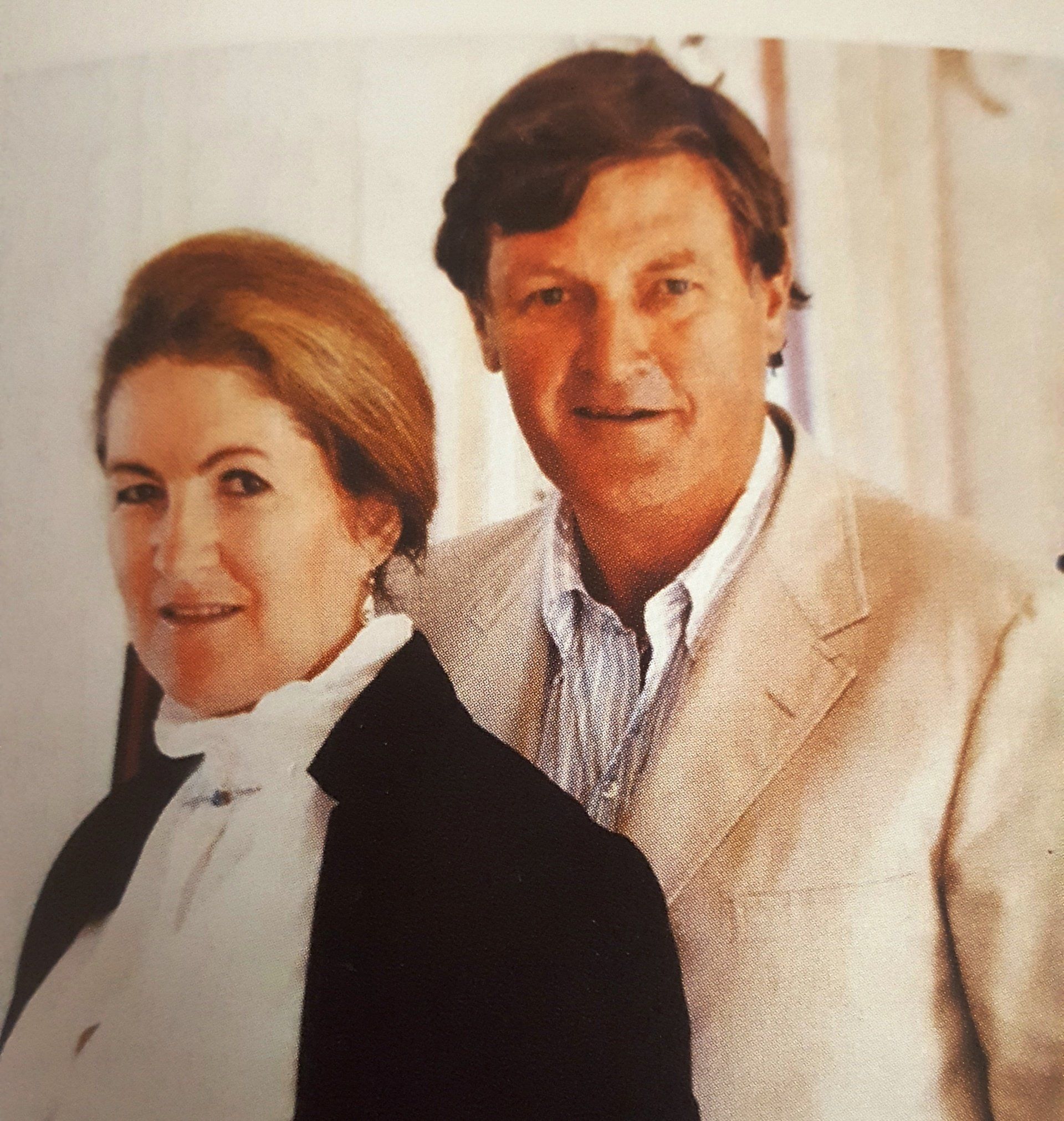
Slide title
Laura & Bernard Ashley
Button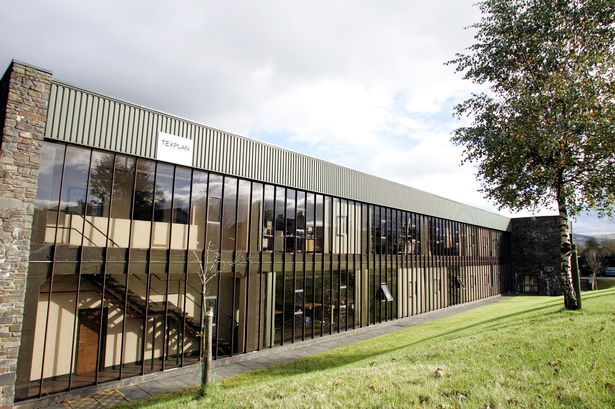
Slide title
The Laura Ashley Texplan Factory at Carno
Button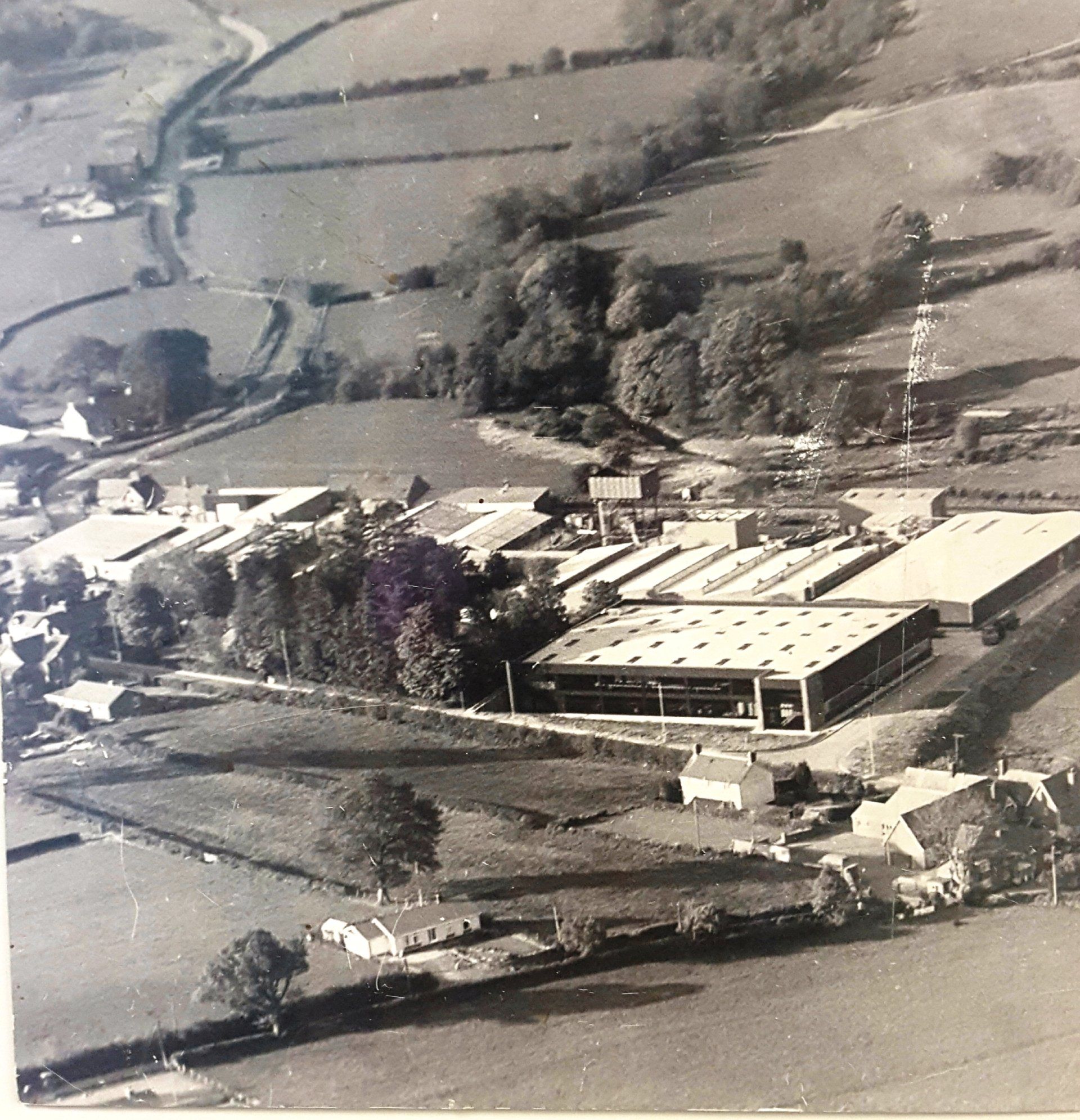
Slide title
The Laura Ashley Factory in Carno
Button
